Fraternal Identity, Heritage, and LandscapeThrough my high school years, conversations would consistently switch between Finnish and English each day until my grandmother died a week after I graduated. I even spoke some Finnish at the dinner table, albeit badly. My grandmother, mummu in Finnish, would always say sisu to me before every football game, wrestling match, and lacrosse gam, and it jazzed me to play hard each time. The word generally means strength of will, determination, and perseverance. I am proud still that I am 50% Finnish, and it explains my nature, my general temperament with people, quirky and reserved. I am also proud of the ancestral weave of my Dad’s family in me that arrived in the New World on the Mayflower, survived the first winter at Plymouth, and then migrated north to New Brunswick, Nova Scotia, and then to northern Maine. Both ancestral angles in my family were tough, driven, and independent, and I really like those qualities. Unrepentantly, I think about my ancestry a great deal, and it gives me a sense of well-being and rootedness. But, then, I think most people care about and enjoy their family heritage; their continuity with the past. With ancestry you think about land and people, change and continuity, rootedness and visionary change, and how things lead one to another through the years, decades, and centuries. Our fraternal history is richly endowed with those very things, a persistent and persevering force, generous and extensive, since 1874. We have those qualities in full measure now. We are proud of our unique fraternal chain that started with our QTV brothers. It is our ancestral gift. And, as it was with them, we are incredibly determined to maintain our historically rooted fraternal brotherhood at 79 College Avenue where our Castle has been since 1925. In architectural structure, land, and emotional impulse, we see, feel, and know our fraternal ancestry. We are all proud Omega Mu Fijis, and it’s natural to feel this way. For their consistent confidence, inimitable perseverance and achievements, step-by-step, fraternal home to fraternal home, we are proud of our fraternal lineage that started with our QTV brothers pictured below. Here, too, like my family heritage, I am exceedingly proud of our indivisible fraternal unity since 1874. That is unchangeable, and it is ongoing for the common good for young men seeking the historic stability of the very best of fraternal life, Omega Mu. We remain as optimistic and forward-looking as when our QTV brothers rented a house on Main Street in Orono, Maine, to start the day-to-day life of fraternal brotherhood. And on we go, truthfully grounded in our historic identity, memory, heritage, traditions, and landscape. That is an extraordinary reality to be proud of as we approach our 120th anniversary year. We have a great future, an enduring future, for generations to come. Katahdin Building The Katahdin building was the building on the right where you make the left hand turn to go Pat's Pizza. Prior to building the first permanent Q. T. V. Hall were Coburn Hall is now, and after deciding that the rooms in the Ktaadn Club were unsatisfactory, they rented a building amongst all the beautiful Colonial, Cape, Greek Revival, and Victorian residences somewhere on Main Street in Orono. They took possession of the residence sometime between April to June in 1874. Although no photos of the residence have been found so far, the photos below show the Q. T. V. brothers in that residence. Q. T. V. Brothers in the house on Maine Street in Orono. 1876 The first QTV Chapter Hall, our first fraternal home from 1876-1885. It is now site of Coburn Hall. Q. T. V. Brothers in front of the first Q. T. V. Chapter Hall in 1880. 1886-1889 Pictures of the second Q. T. V. Chapter, first on the left, Hall, when it was moved across Munson Road in order for Coburn Hall to be built. Second Q. T. V. Chapter Hall, middle, early in 1890's during graduation week. The QTV Chapter Hall is the small white building with one window on the back. The building in front of the QTV Chapter is Coburn Hall, and building to the left is the Experiment Station cum Holmes Hall. This area is now a gently sloping wooded area that leads up to Folger Library. Take a close look at the plowed field and see if you can spot the four people. This is a great photo of the Maine State College campus from across the Stillwater River. The Q. T. V. Chapter Hall is the small white building behind Coburn Hall, just right of center in the photo. 1889 Third Q. T. V. Chapter Hall, the former White Farm, our third fraternal home from 1889-1897-1898. The White Farm was built in 1833, and in 1933 it burned dow. Q. T. V. brothers. 1898 - 1924 The First Phi Gamma Delta House The Third Q. T. V. Chapter Hall is #25, and the first Phi Gamma Delta House is #26. The Interior of the first Phi Gamma Delta House. Foyer Dining Room Various pictures of the library through time. April, 2nd, 1924: Fire destroys the first Phi Gamma Delta House On April 2nd, 1924, the first Phi Gamma Delta House was destroyed by fire during a blizzard. 1925 The Castle Our Fraternal Home Our QTV Brother Portraits1874 1875 Sidney Soule and Charles Colesworthy in military uniforms in 1875 1878 1879 1880 1882 1883 Charles W. Mullen 1884 1885 1886 1888 Fraternally,
Chip Chapman, ’82 Perge!
0 Comments
|
Archives
December 2024
Categories |
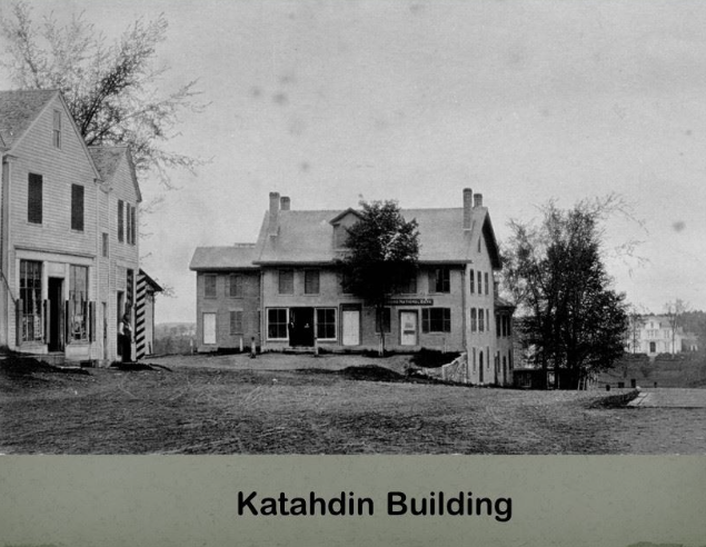
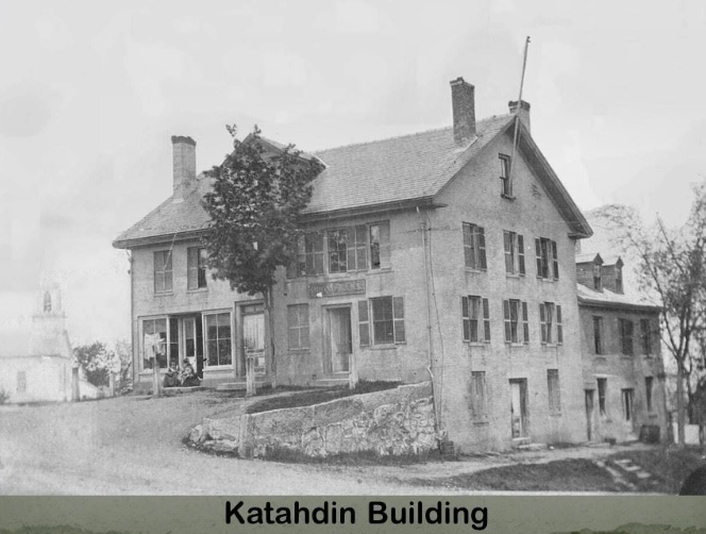
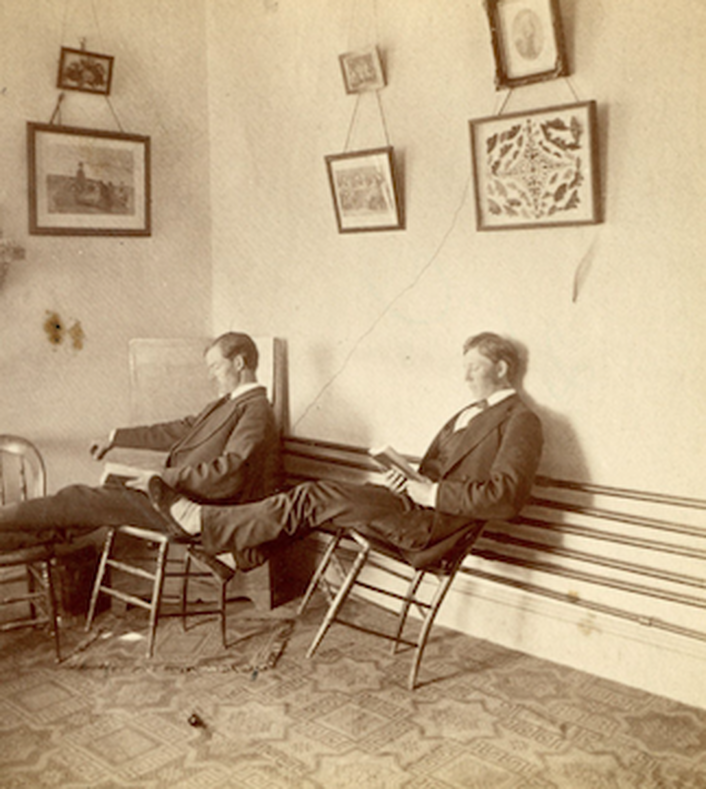
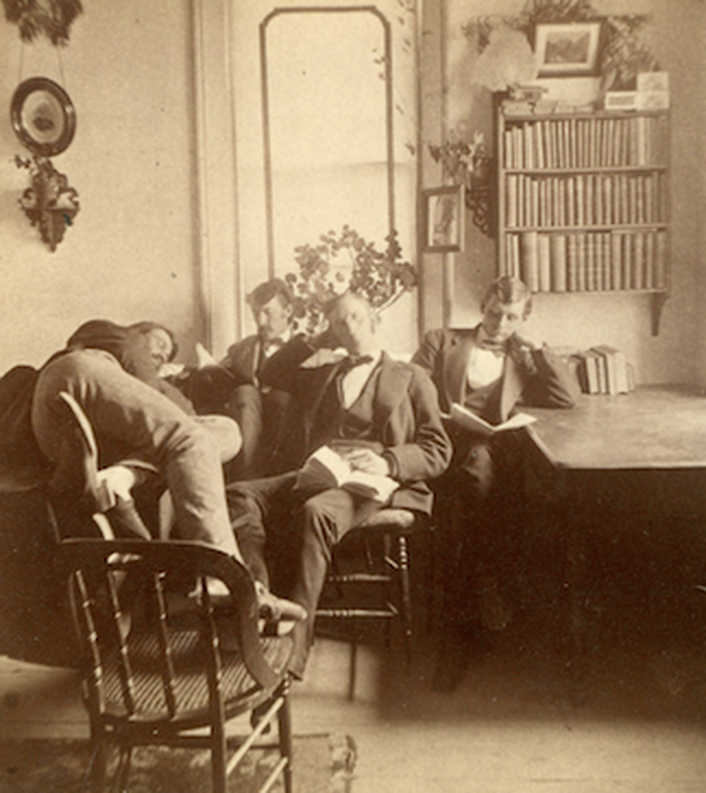
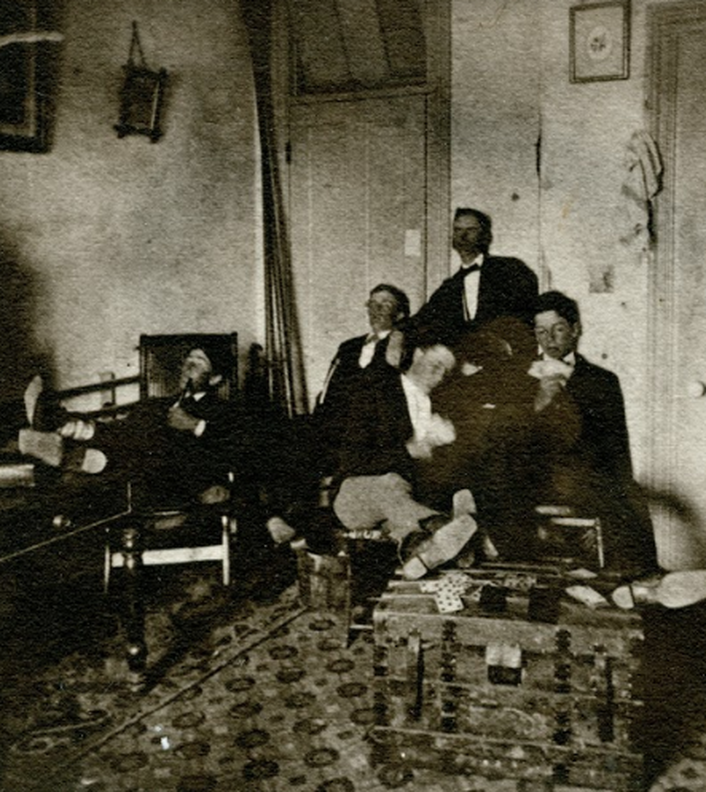
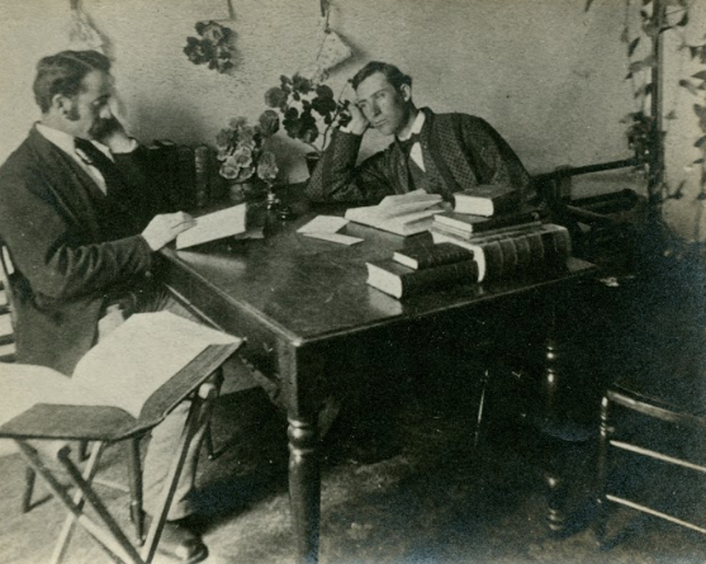
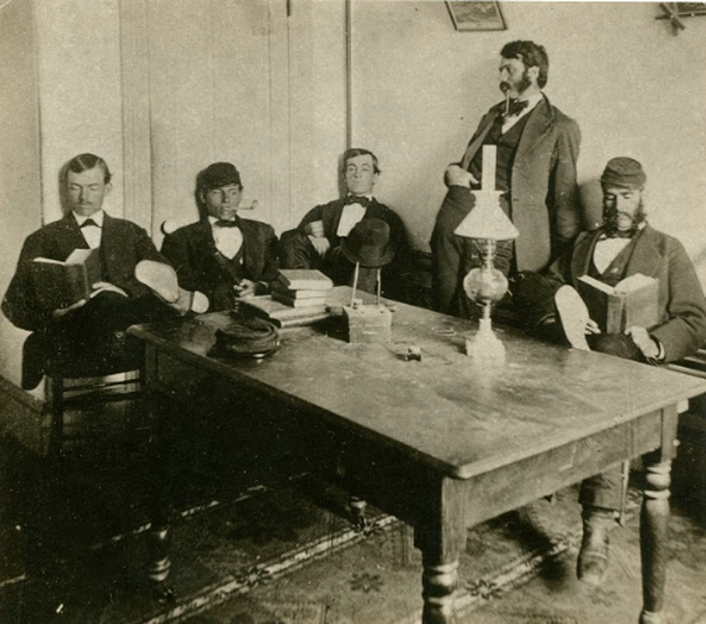
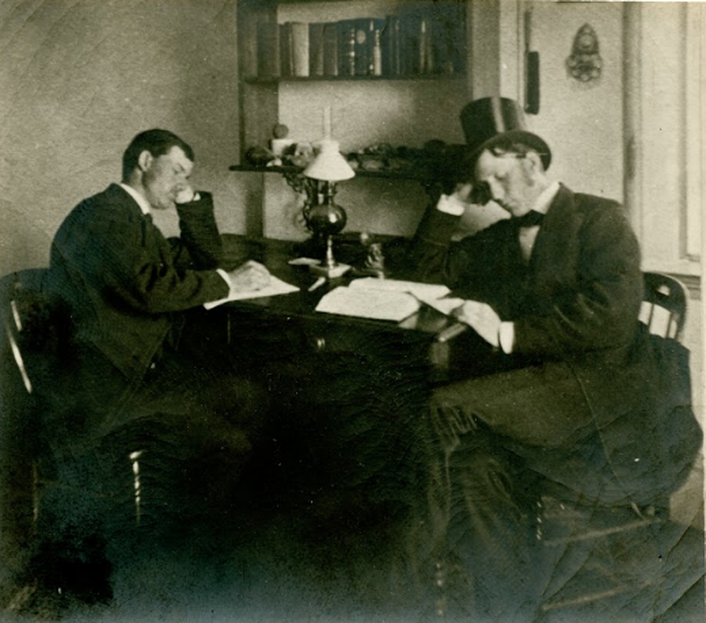
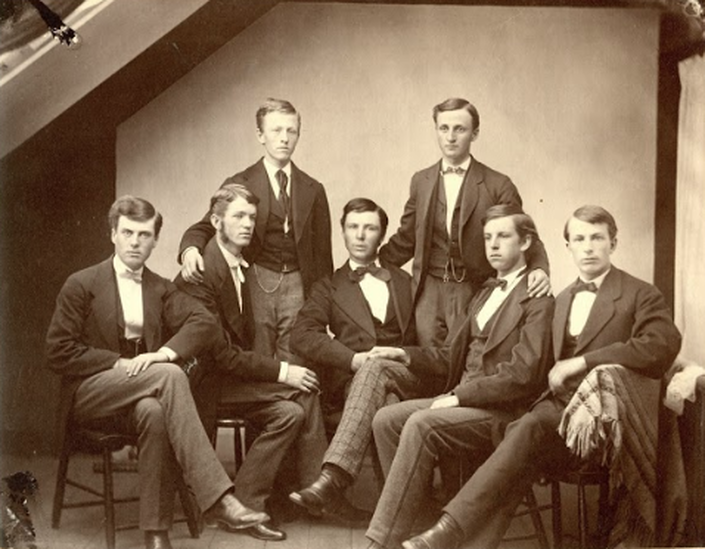
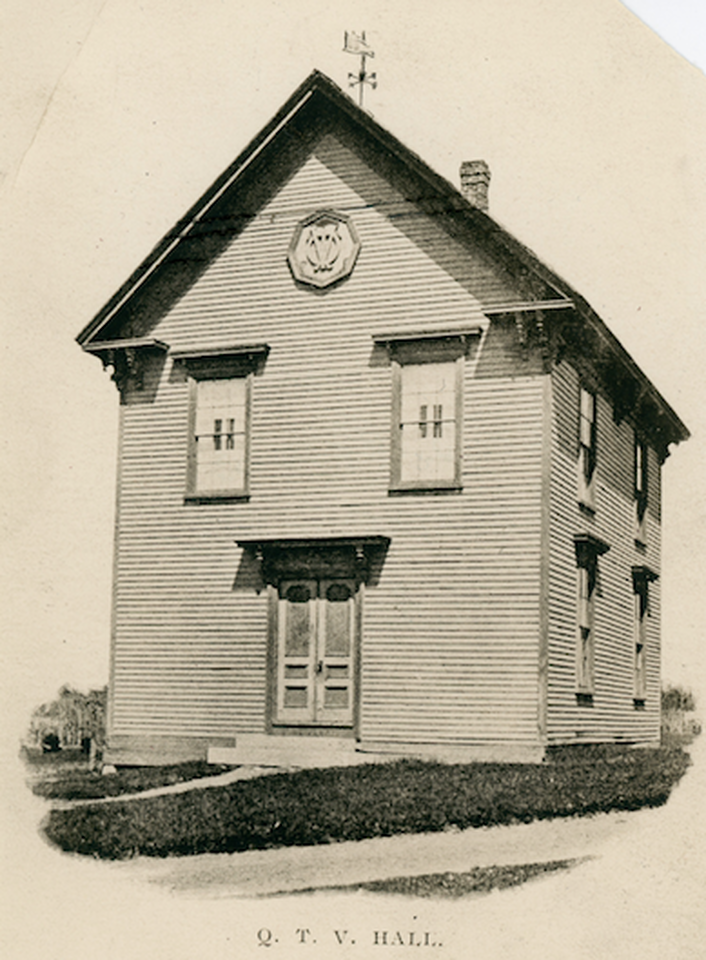
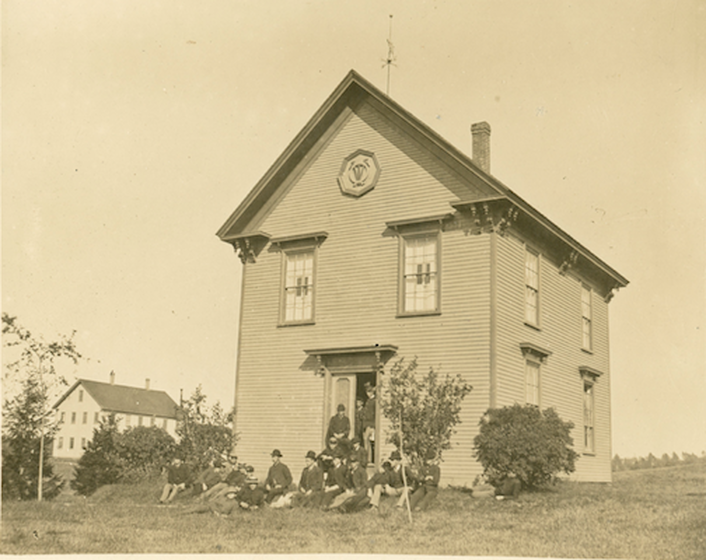
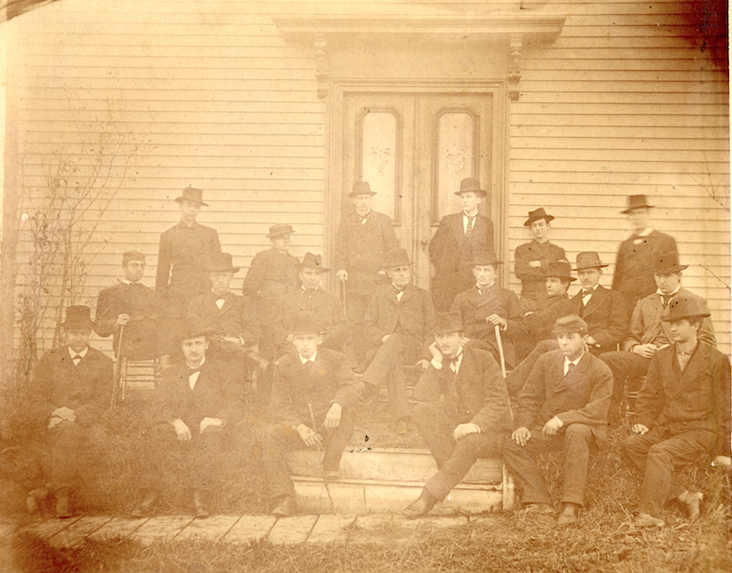
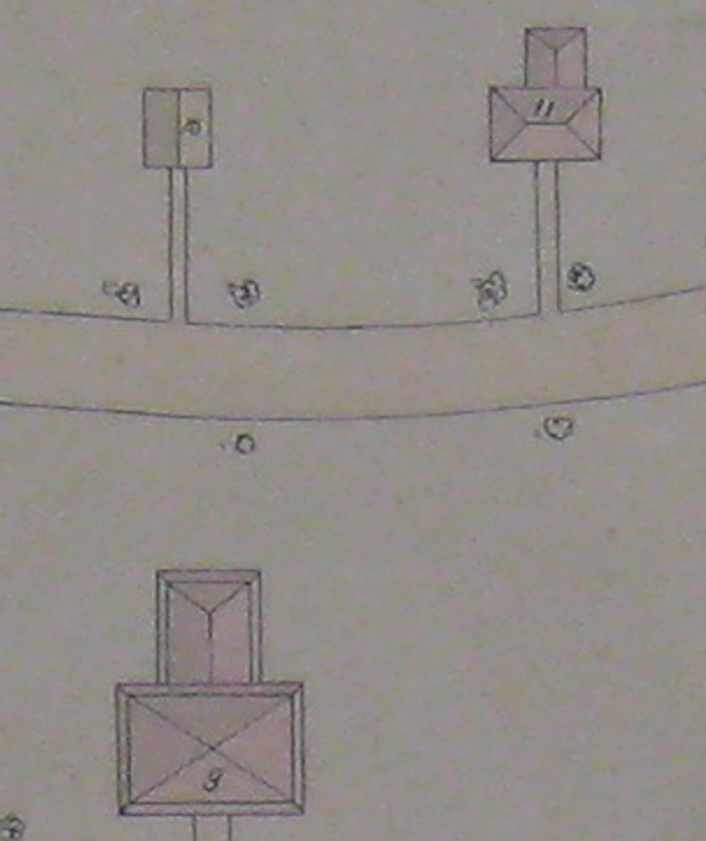
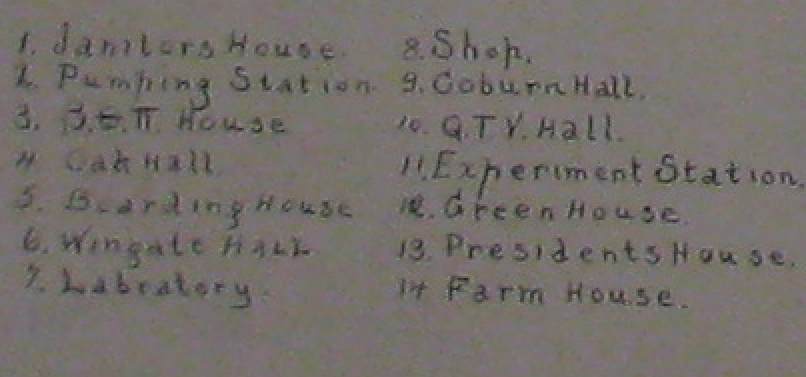

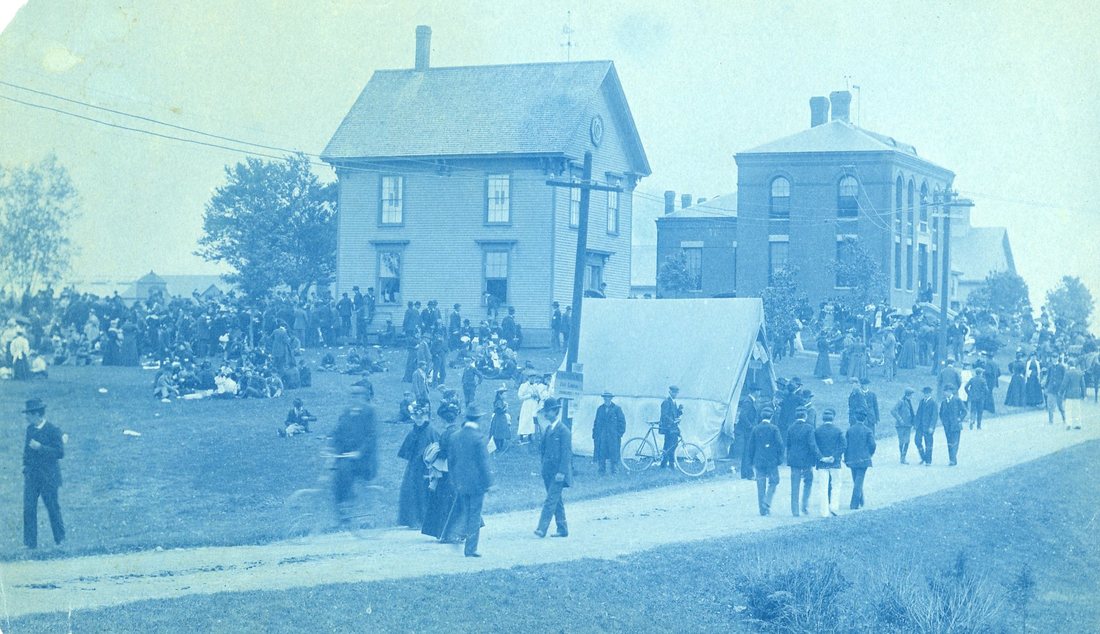
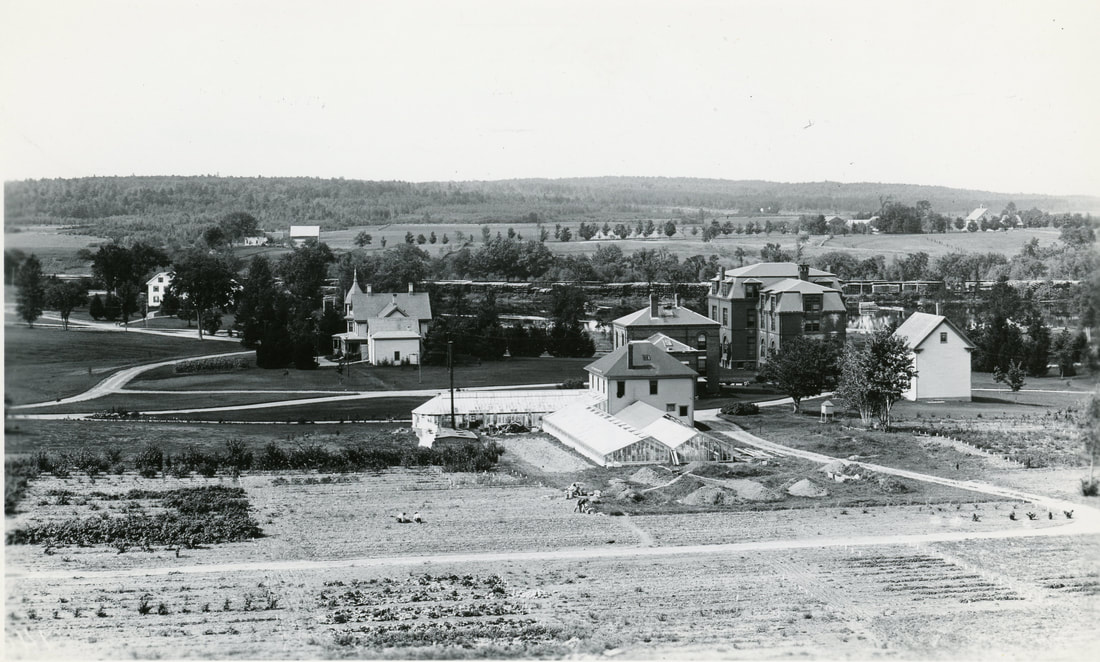
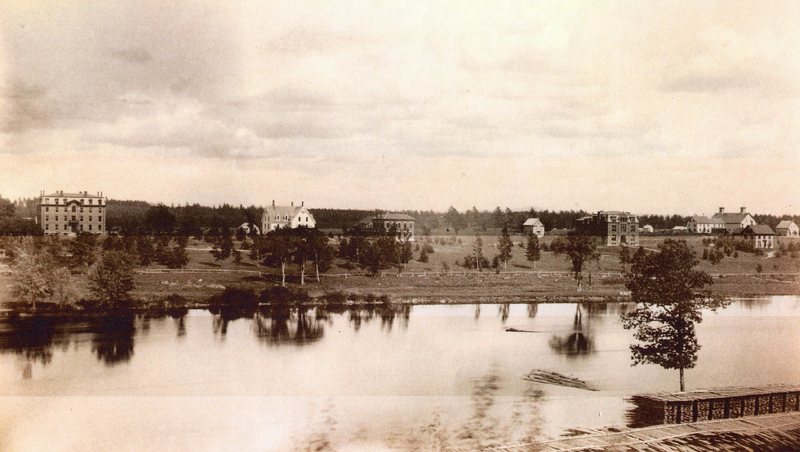
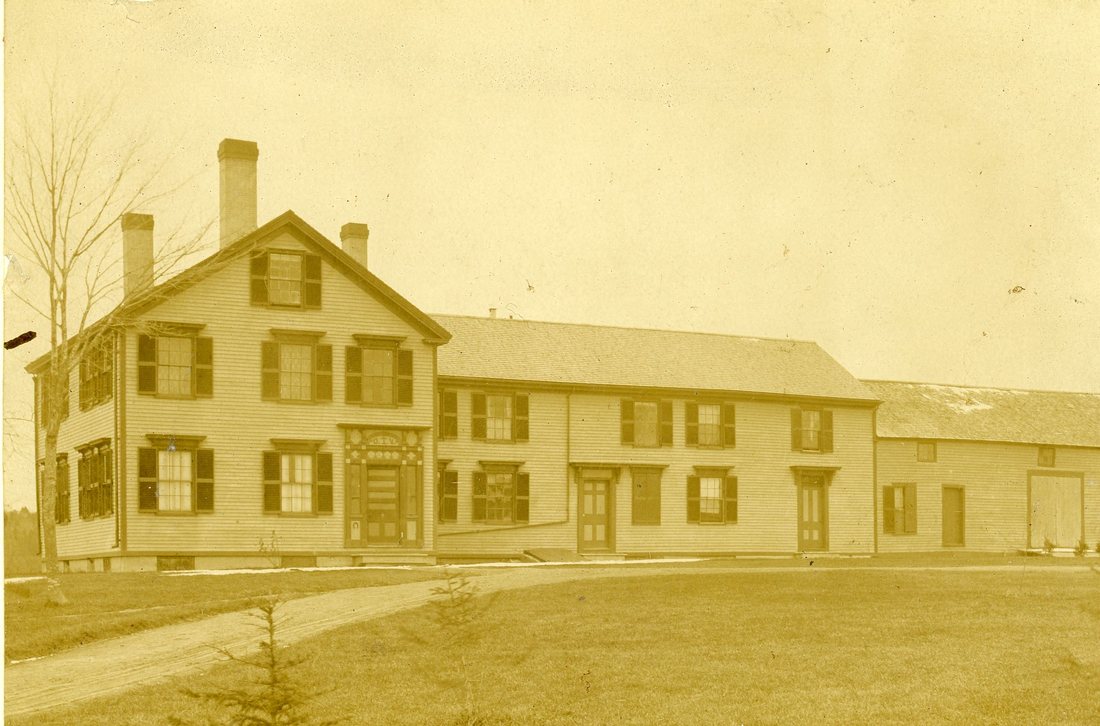
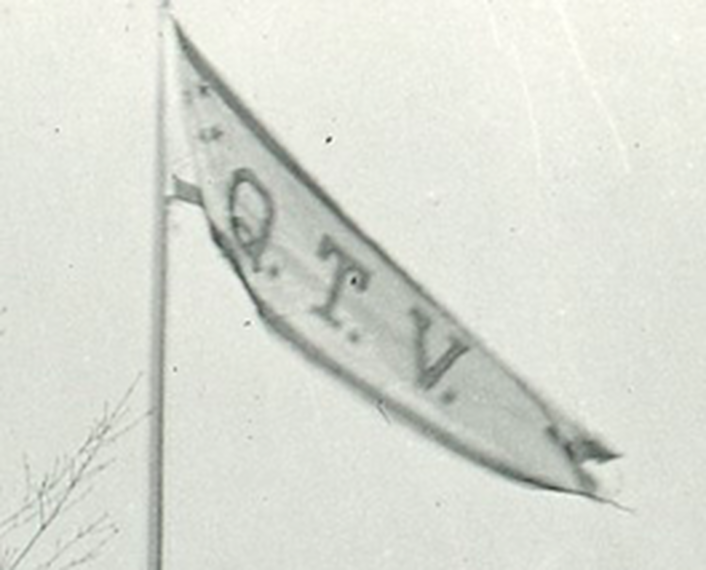
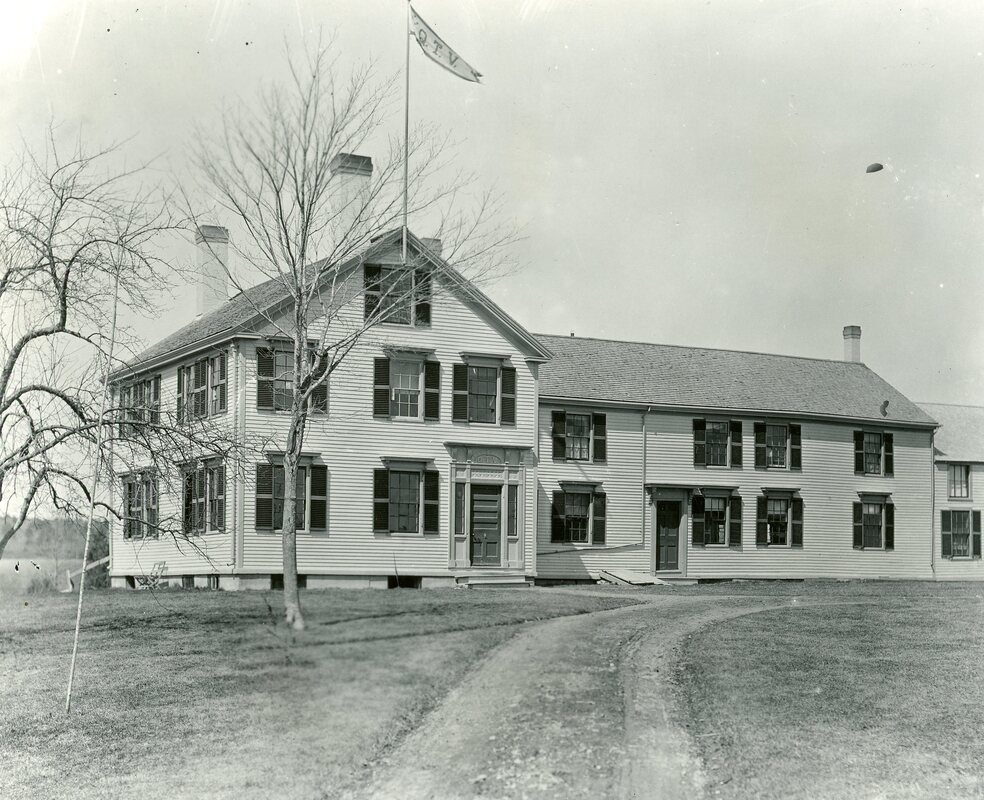
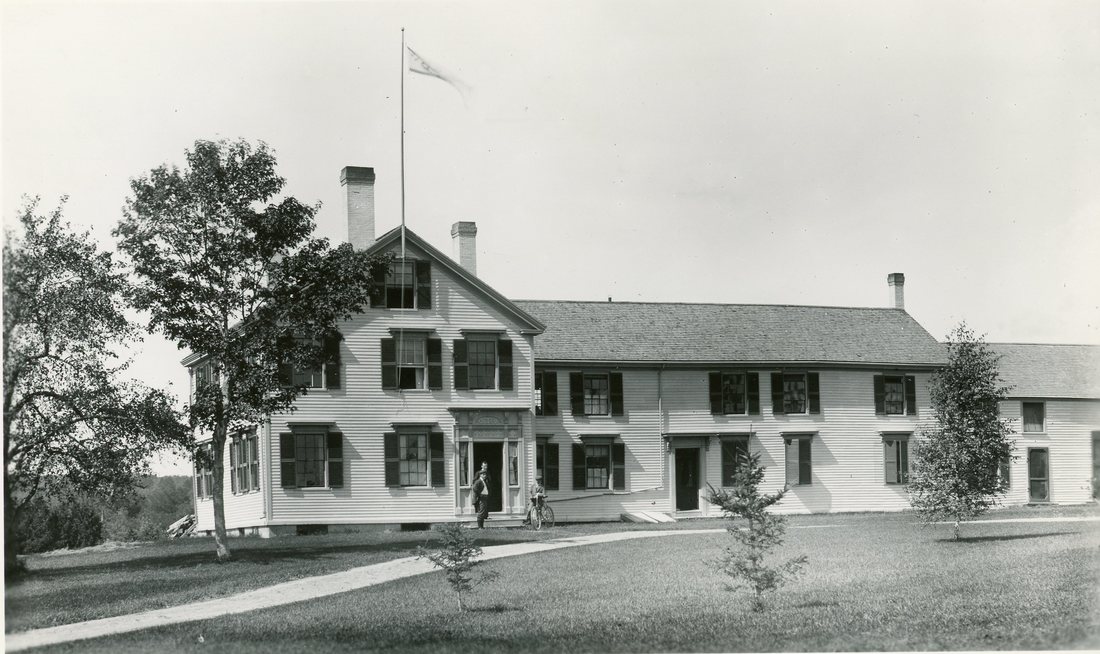
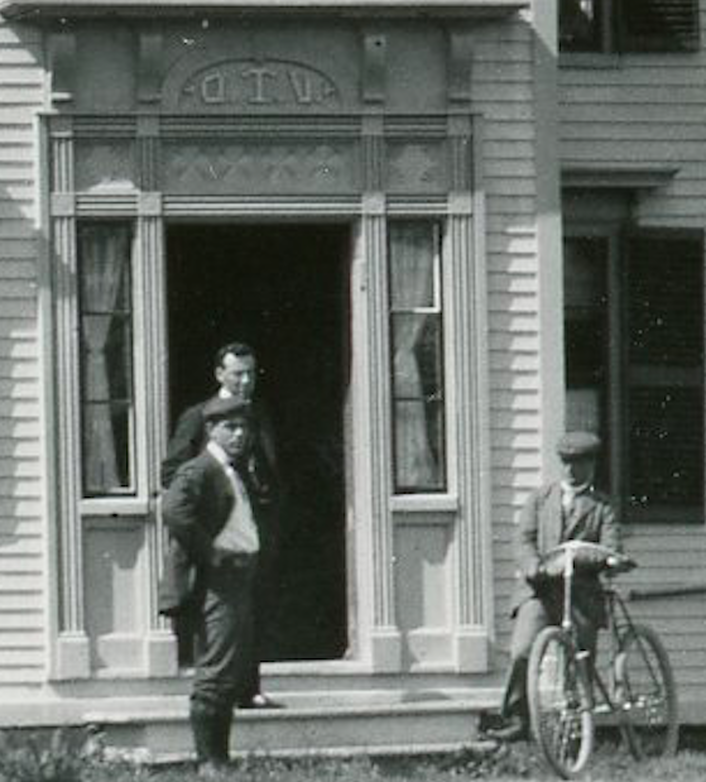
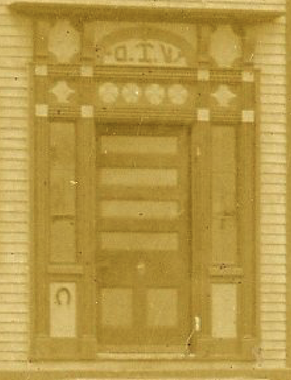
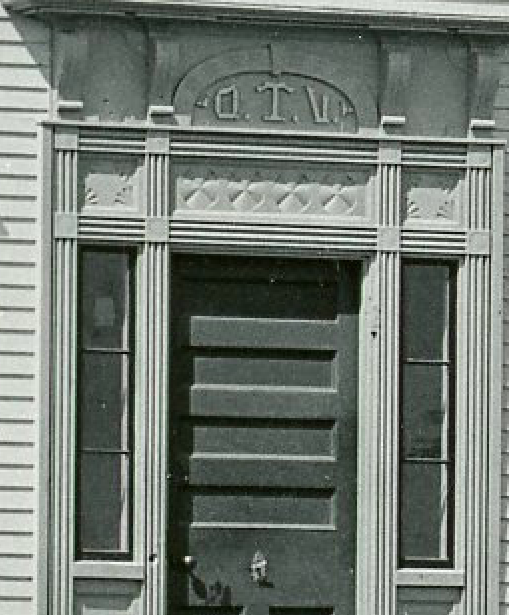
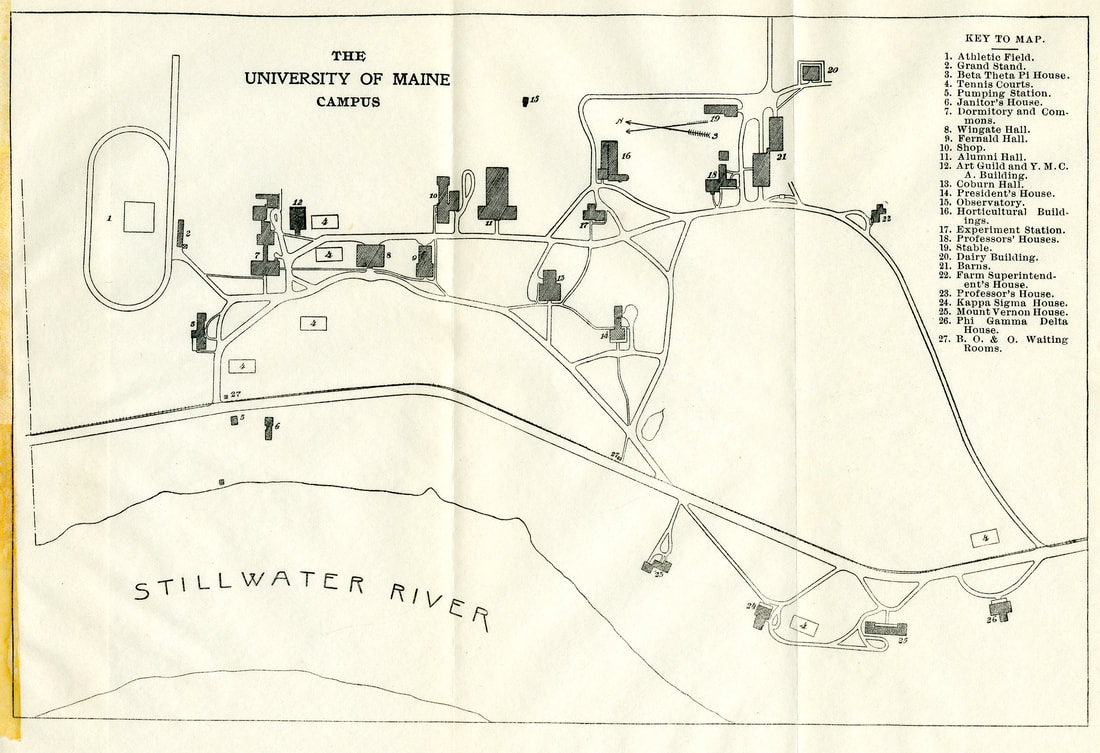
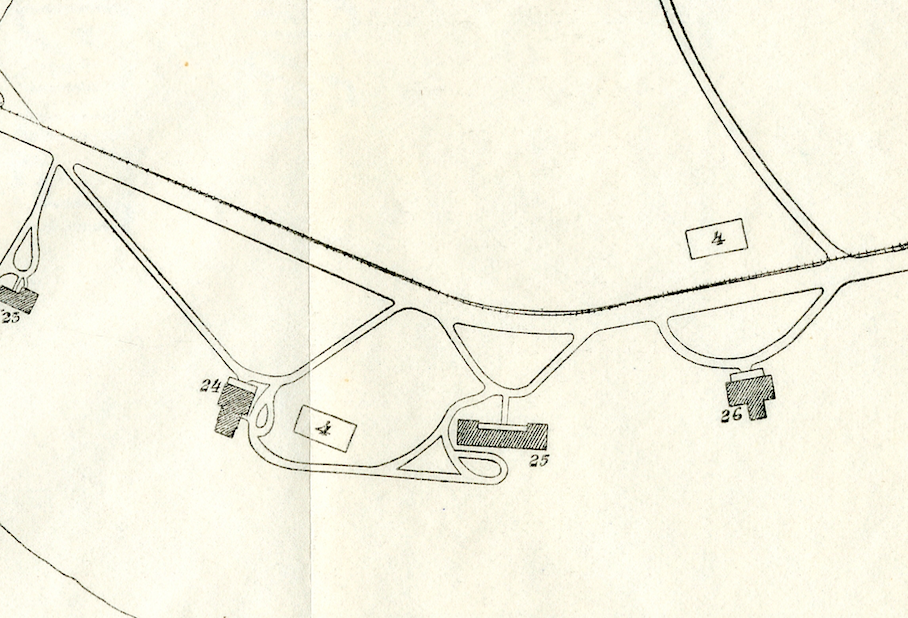
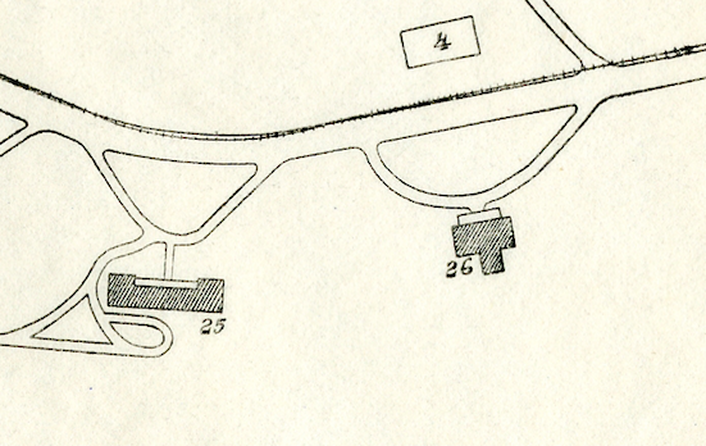
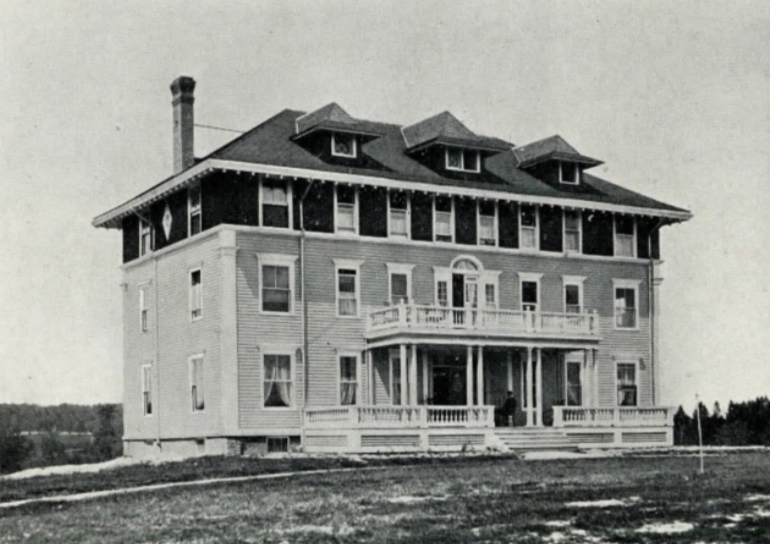
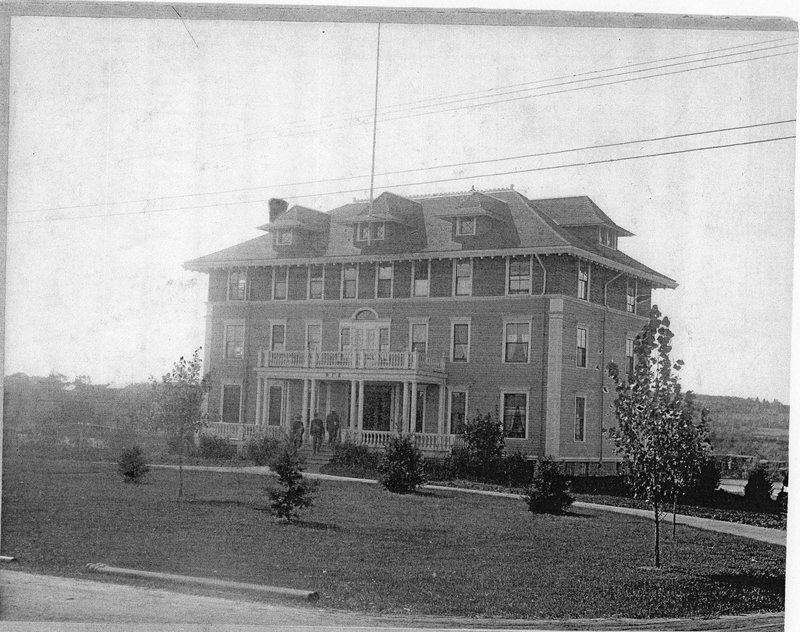
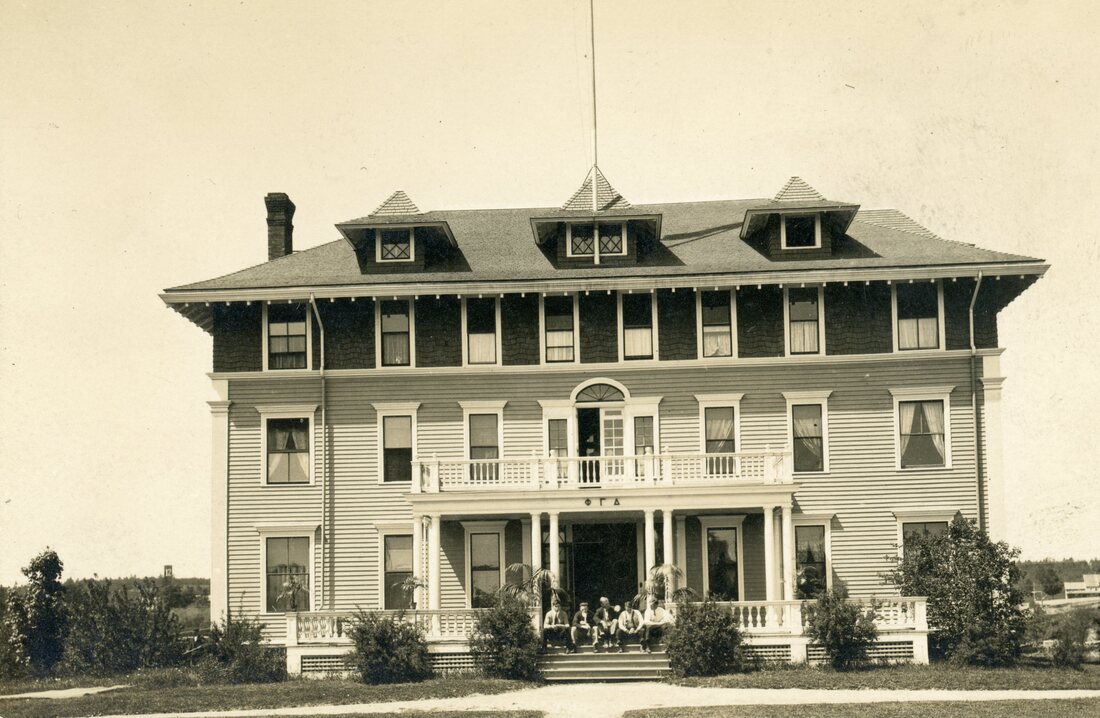
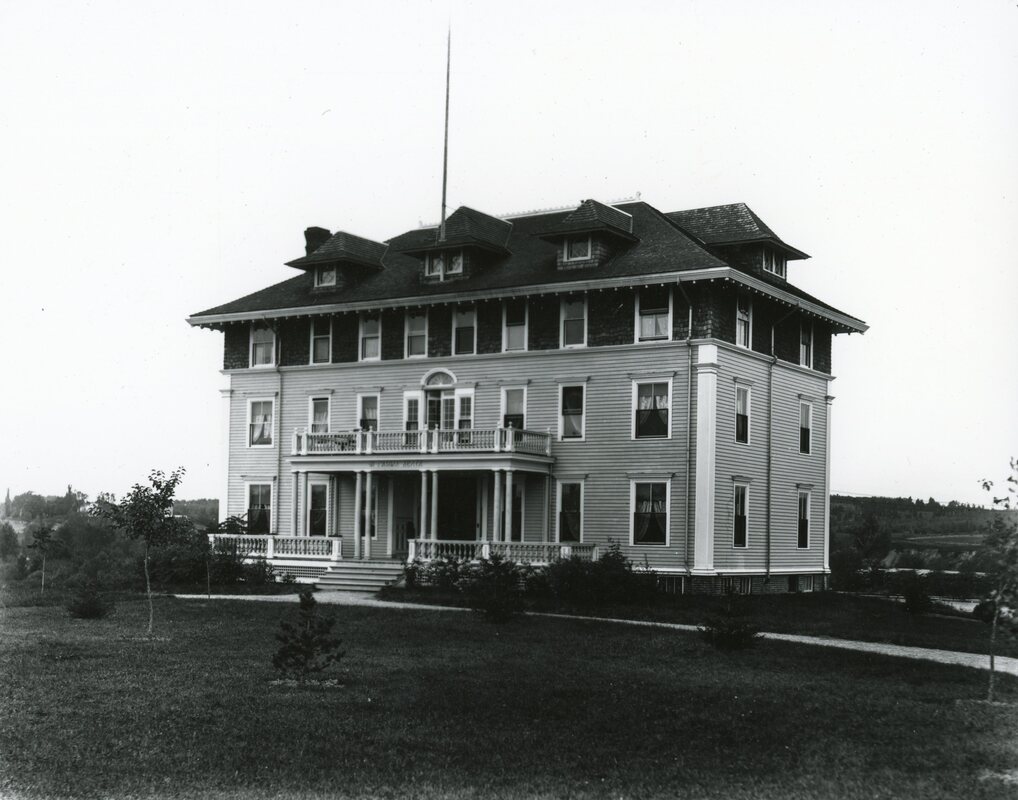
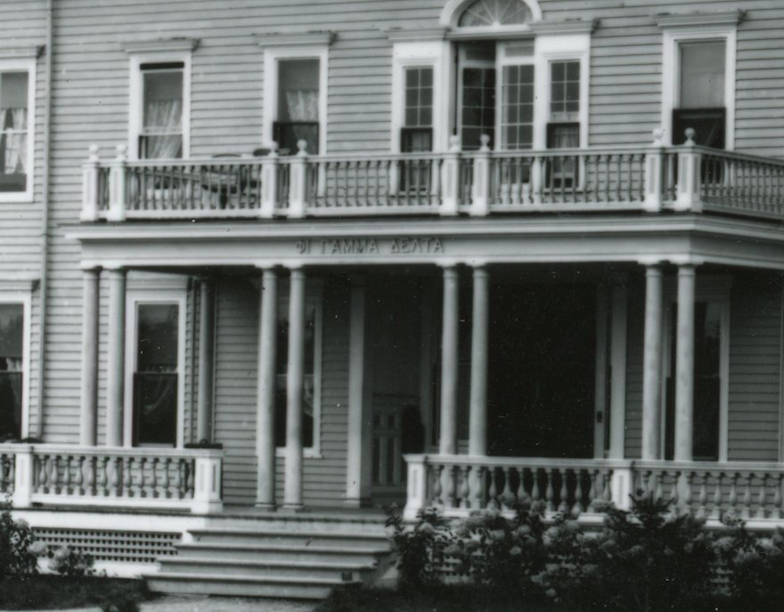

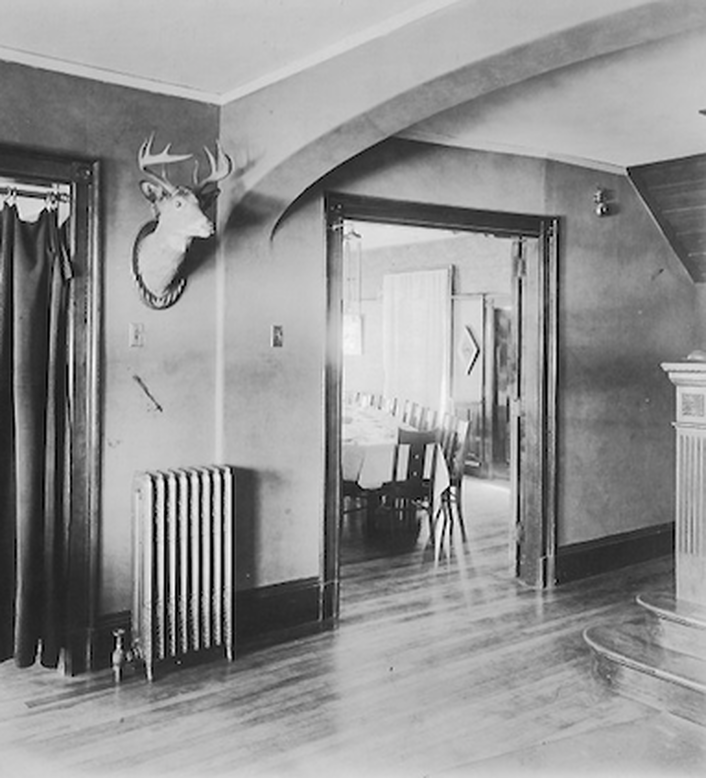
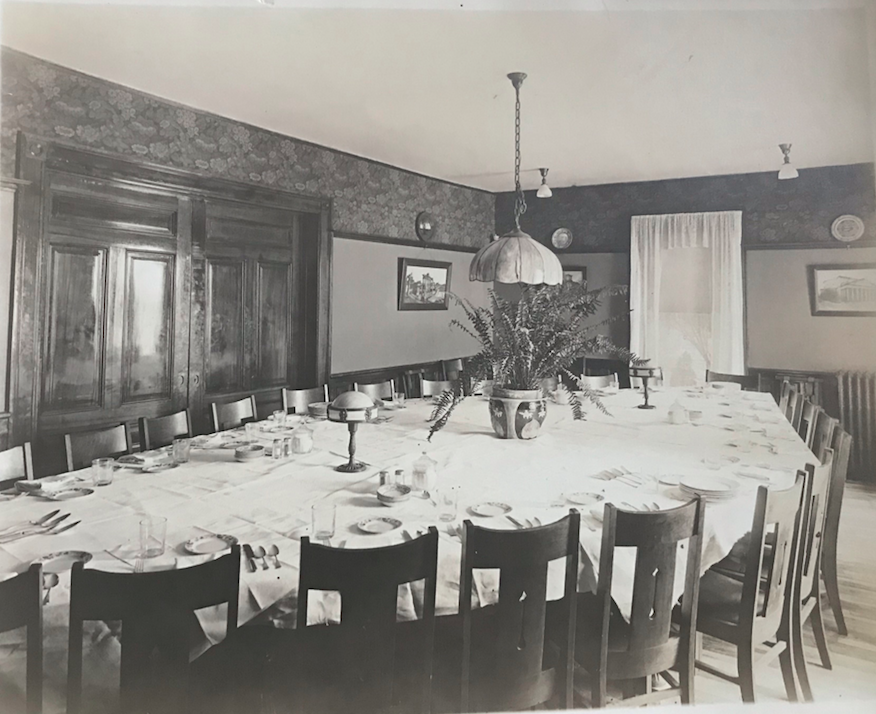
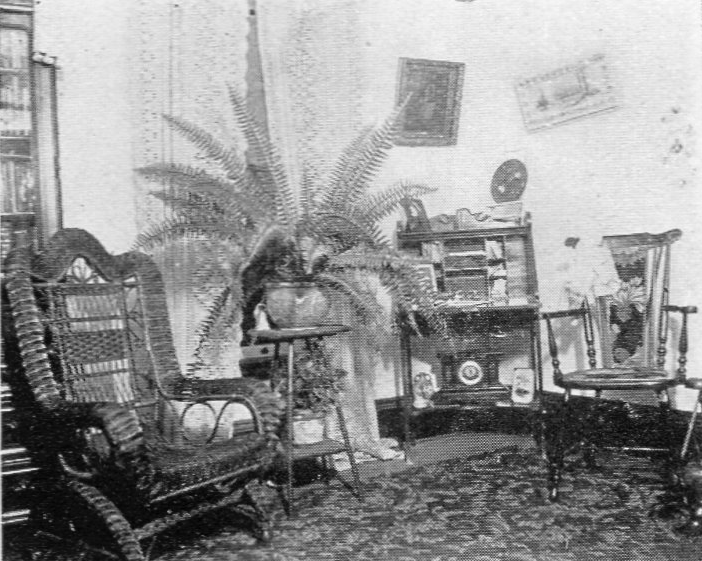
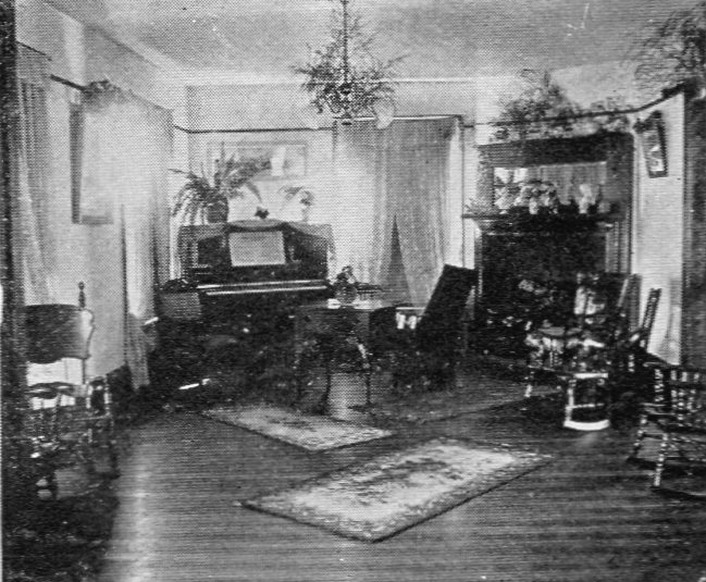
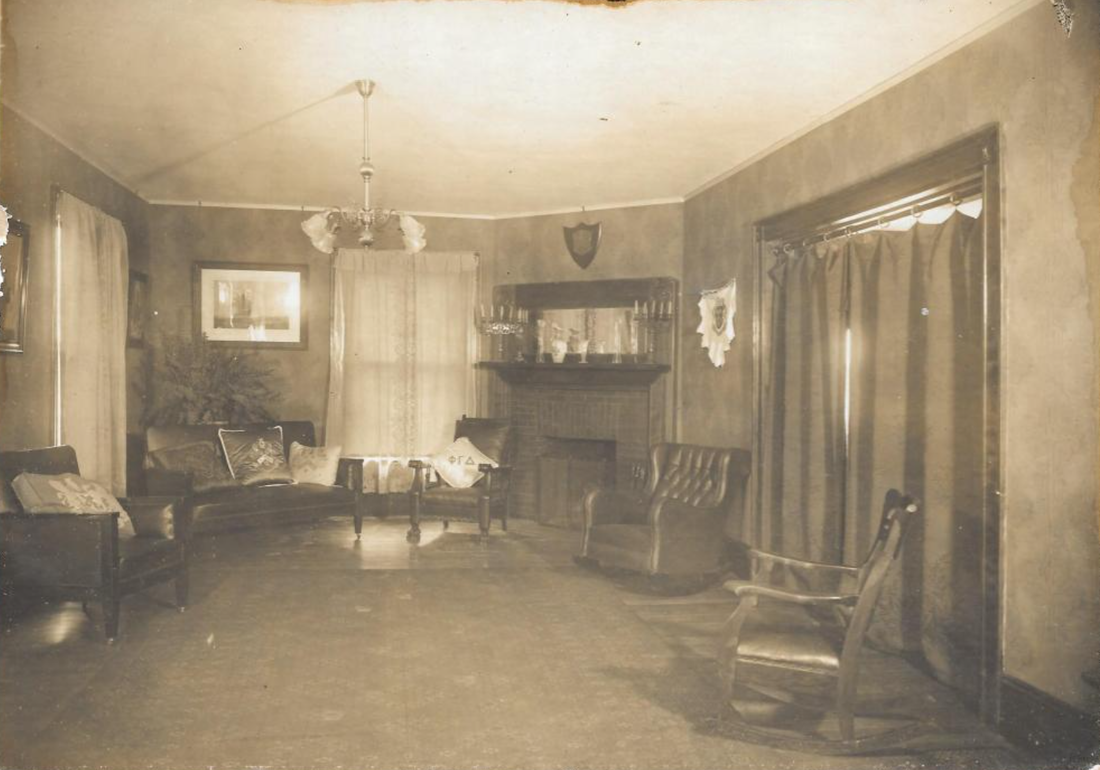
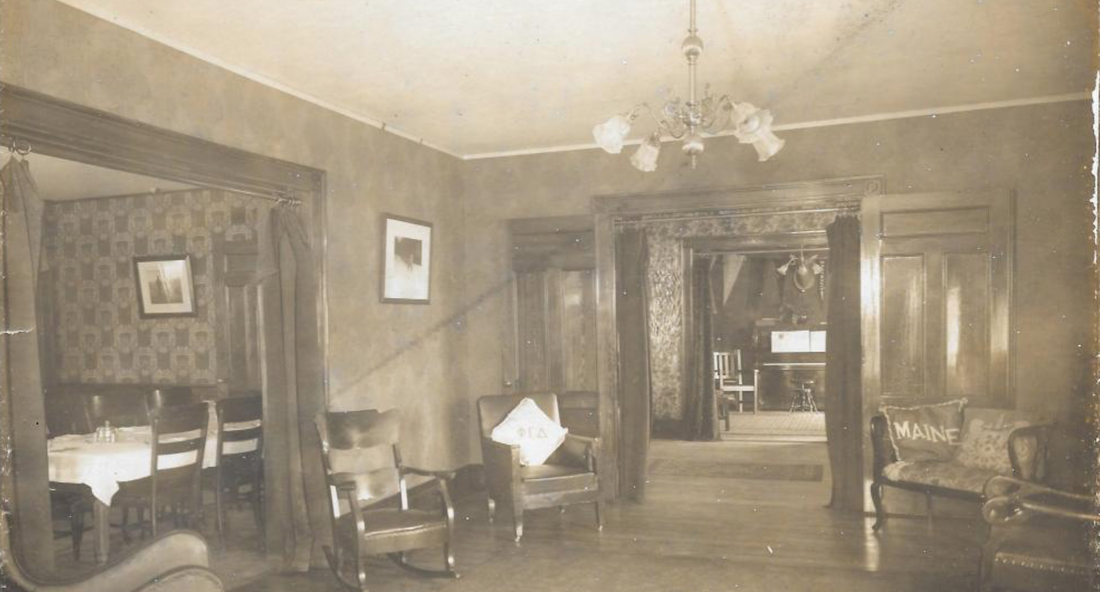
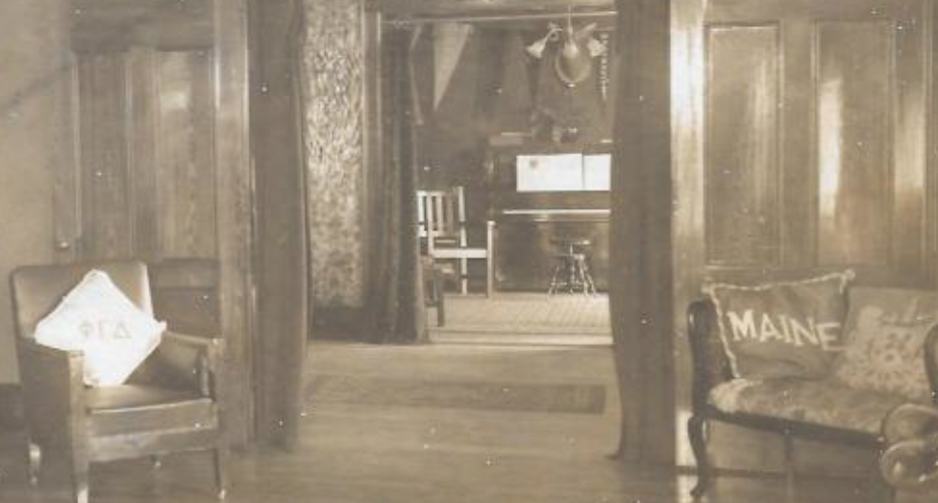
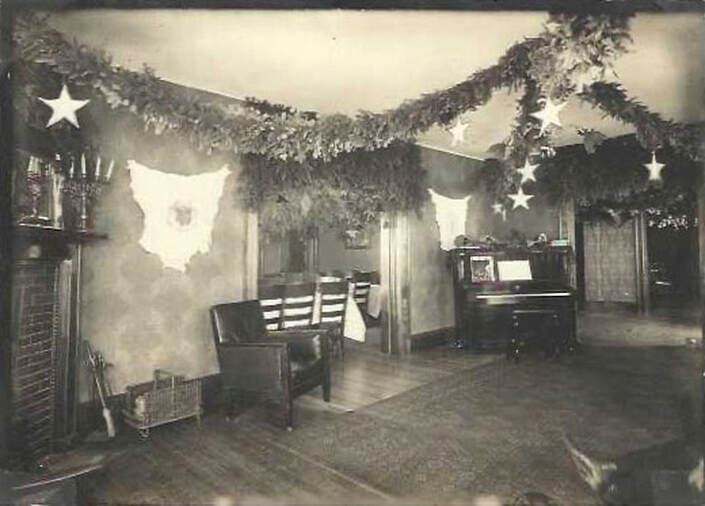
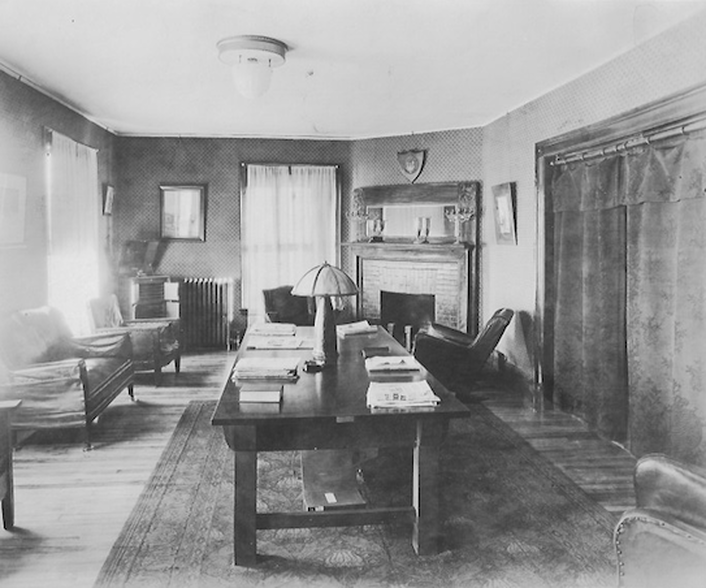

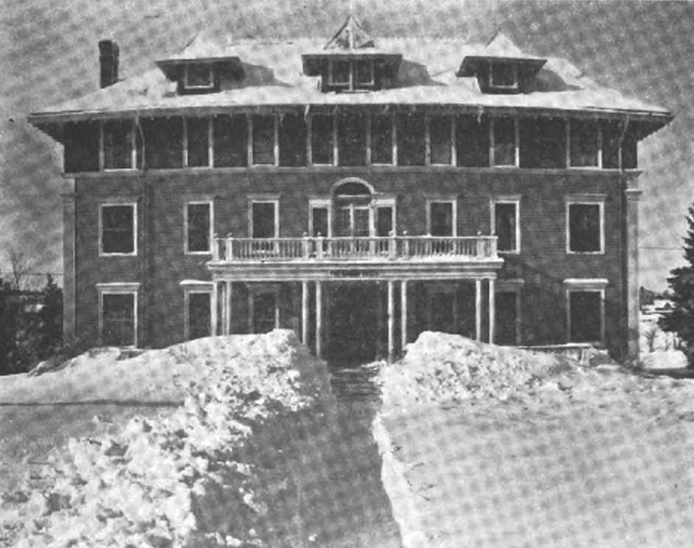
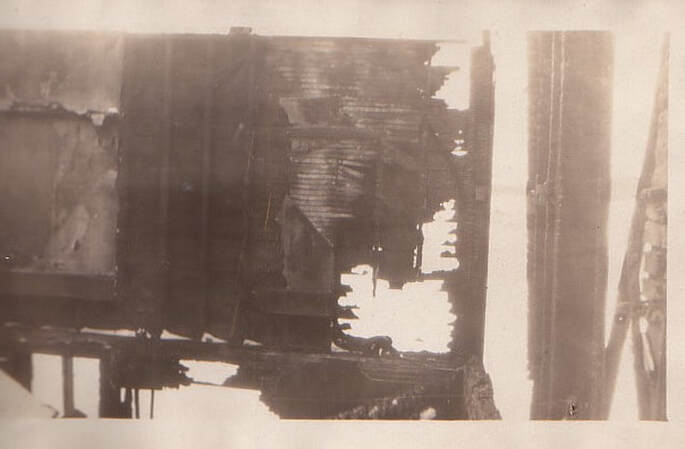
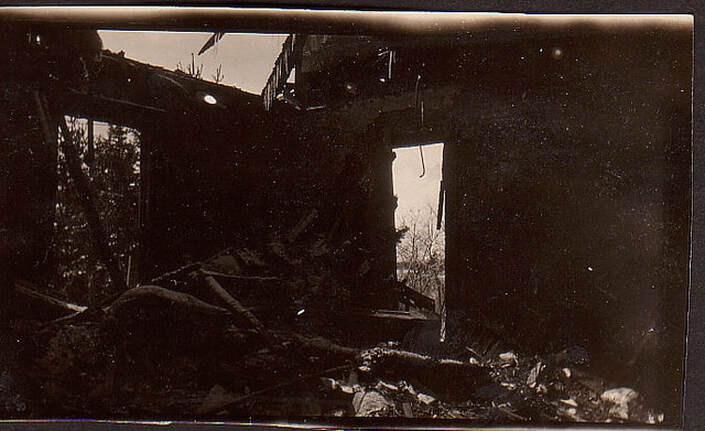
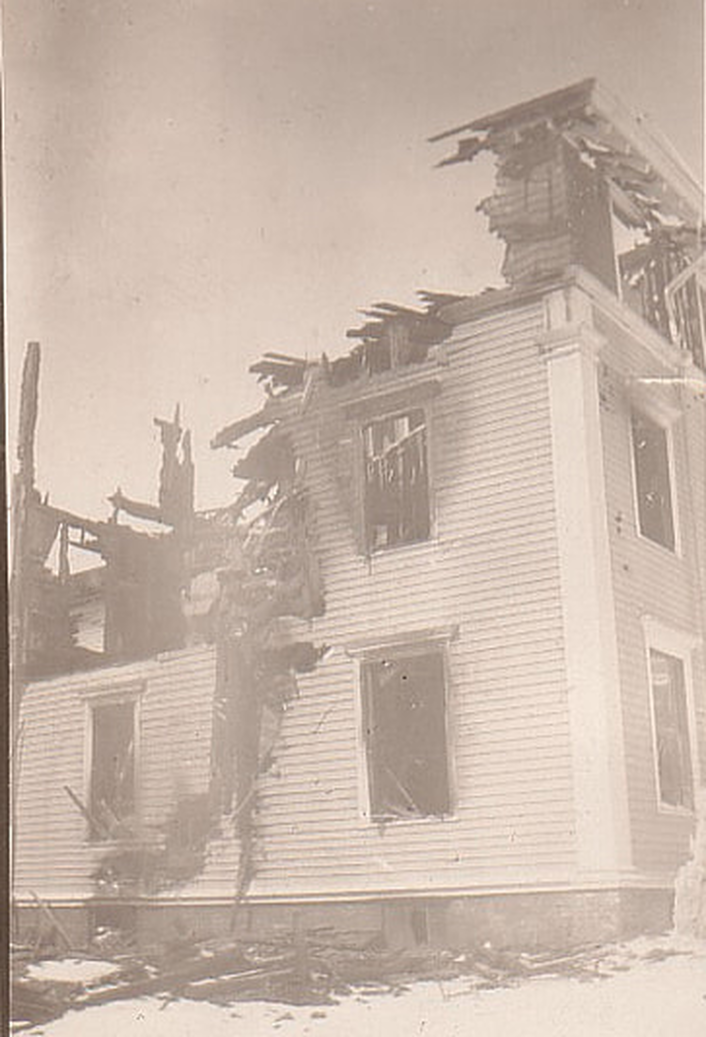
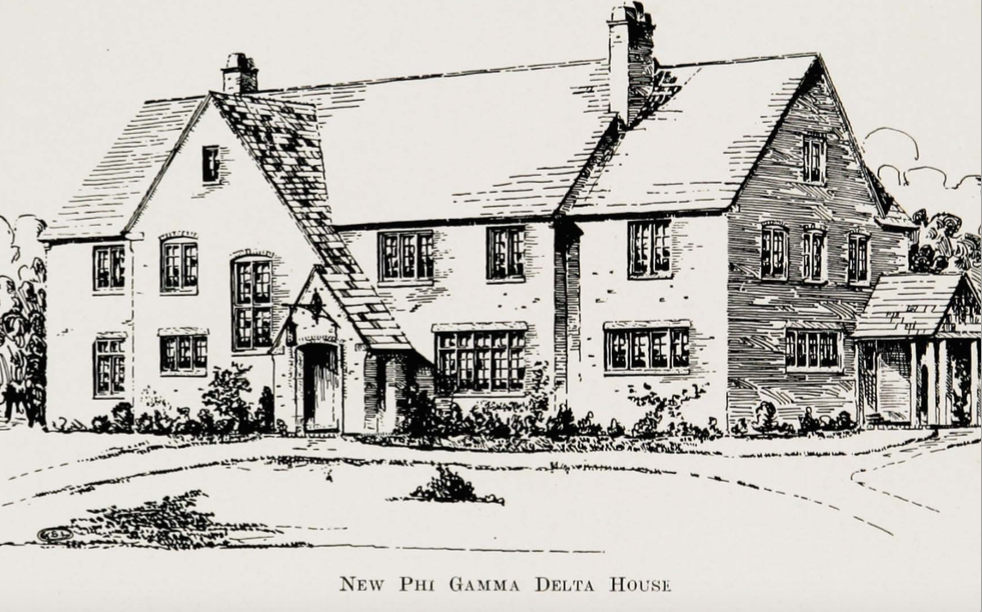
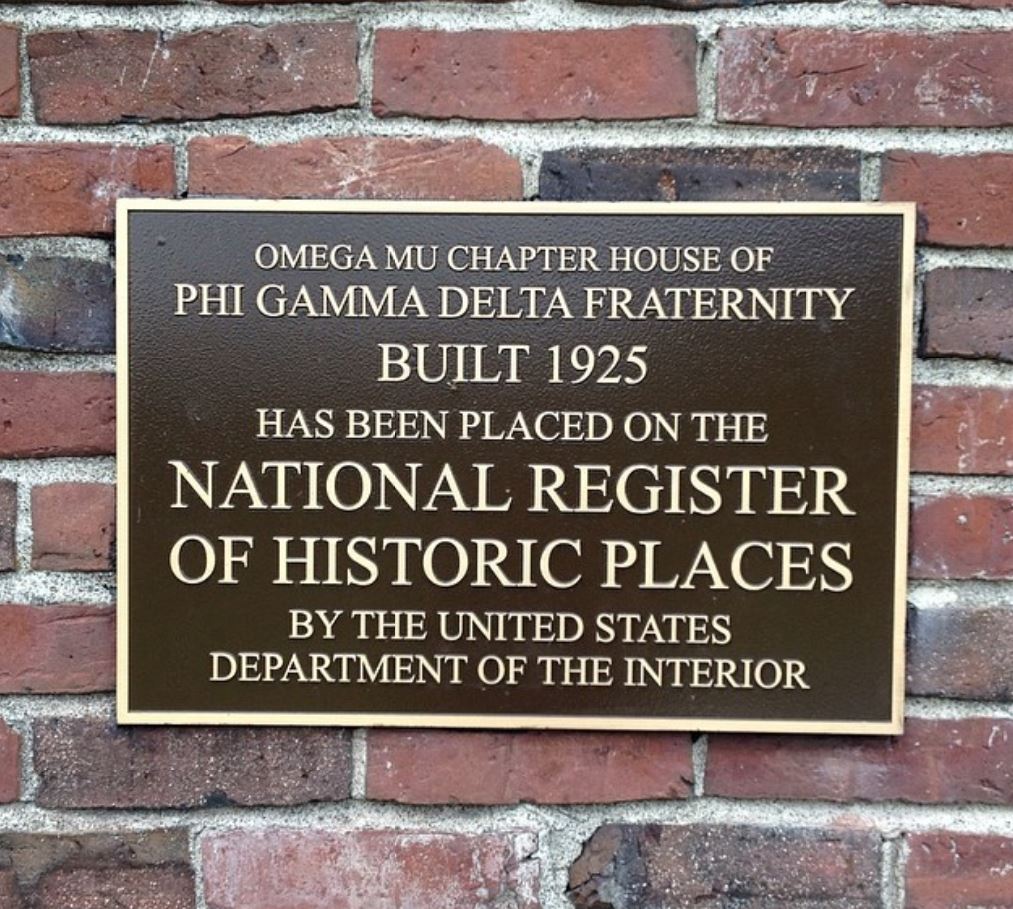
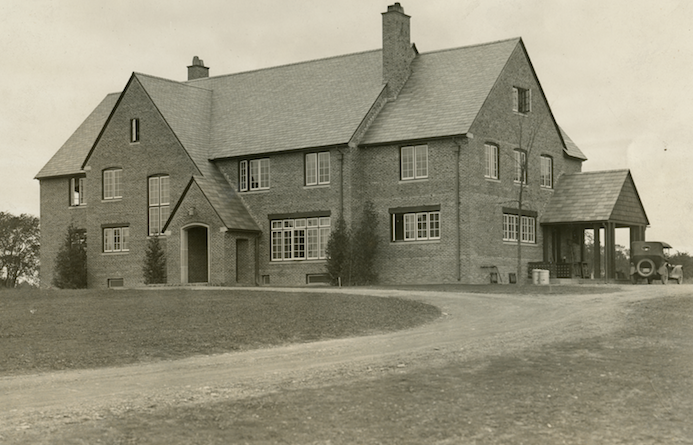
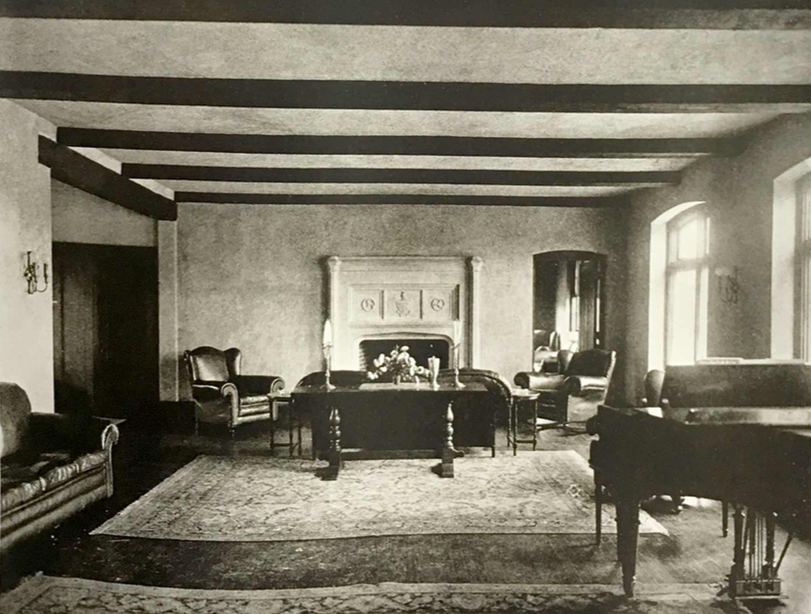
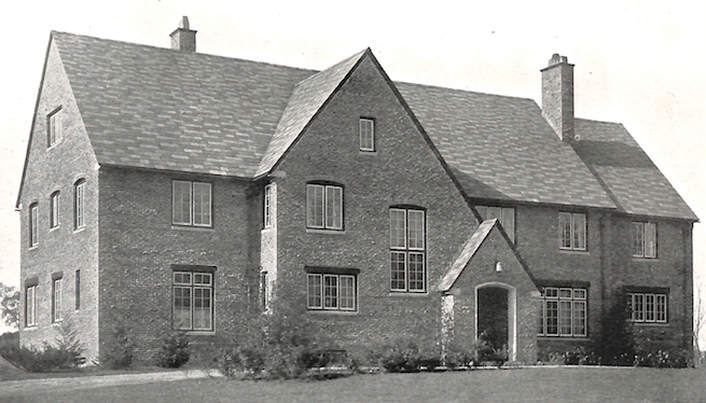
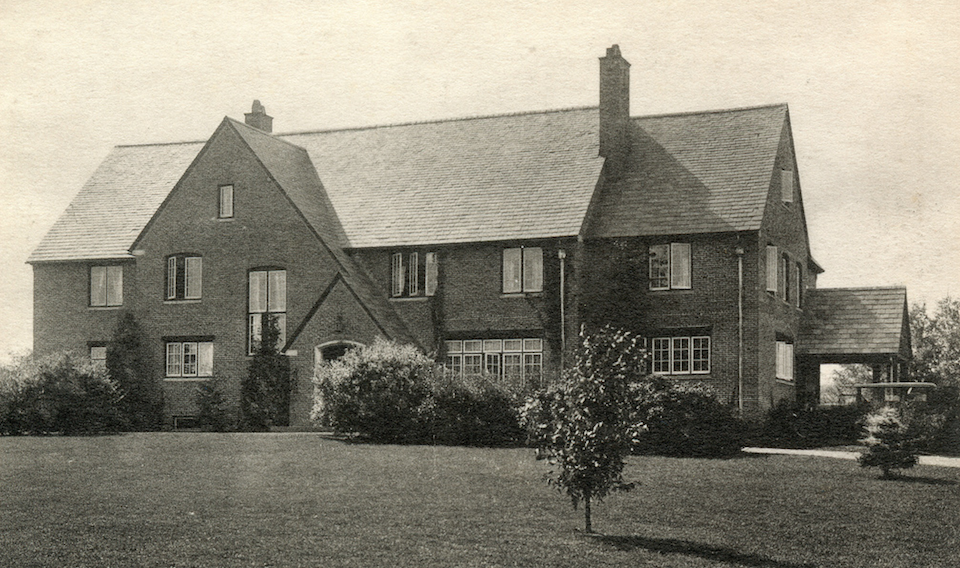
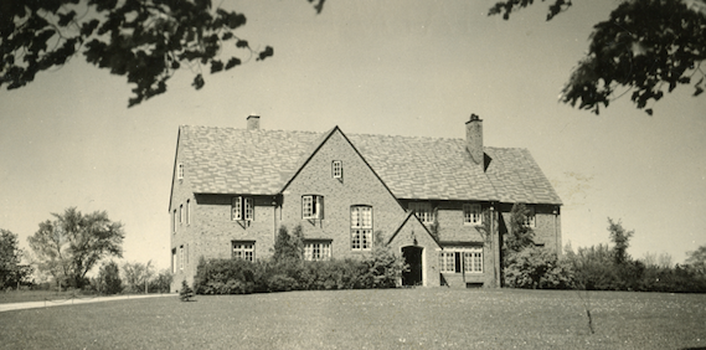
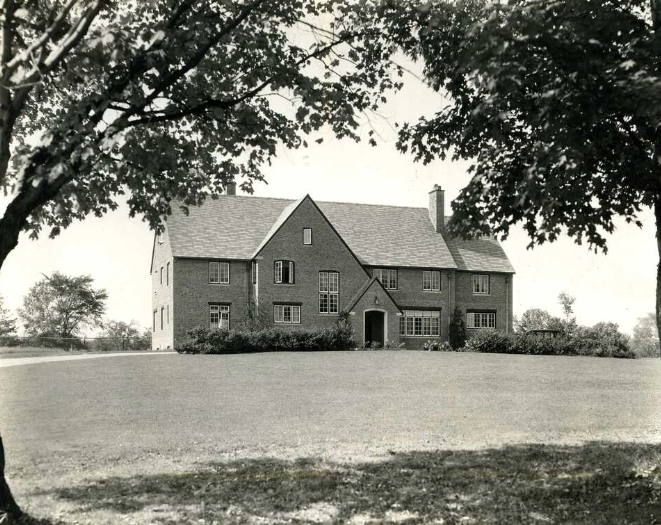
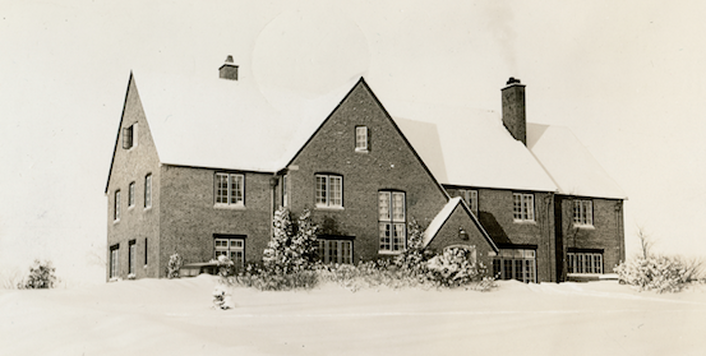
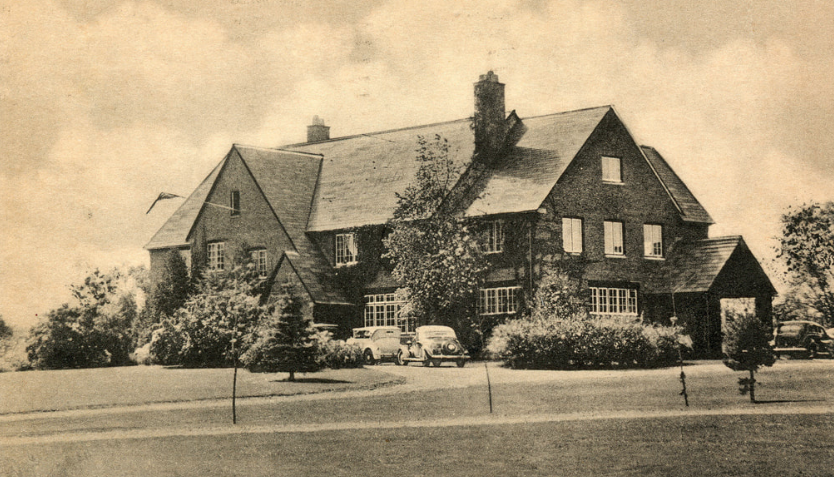
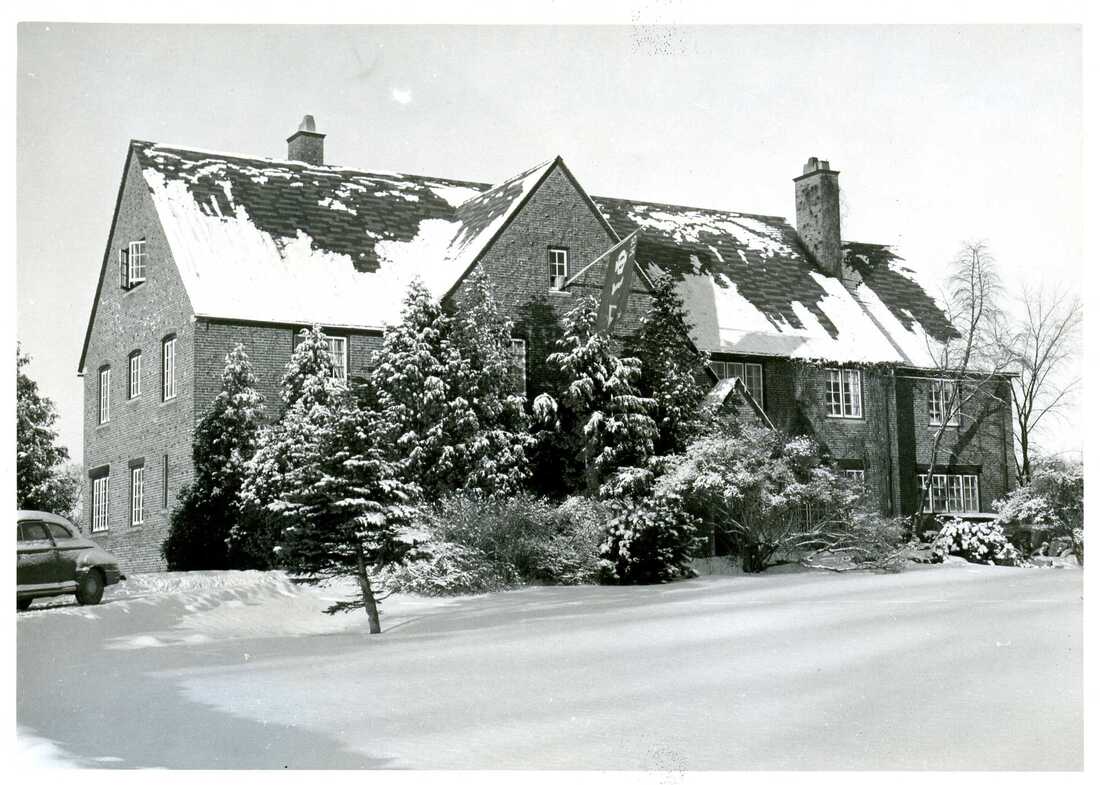
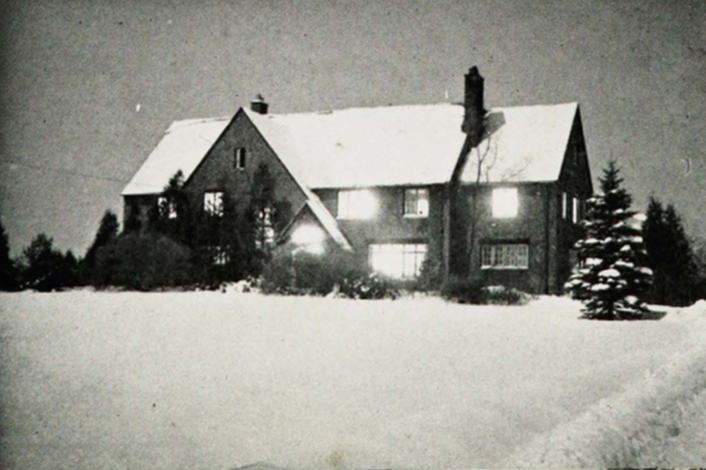
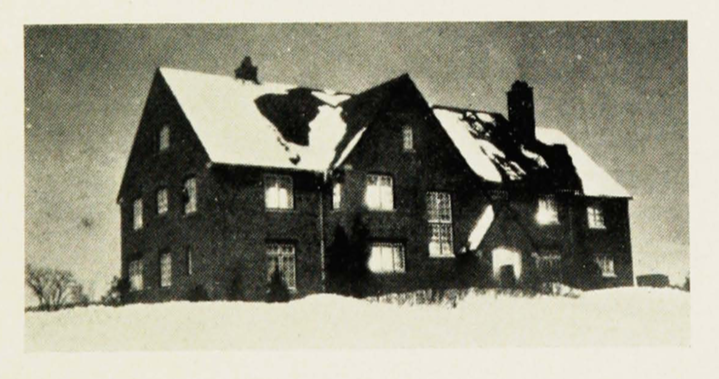
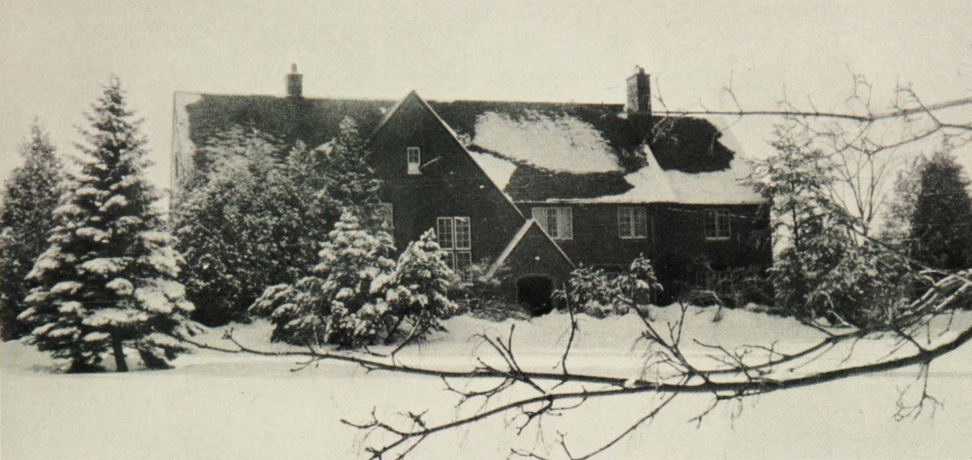
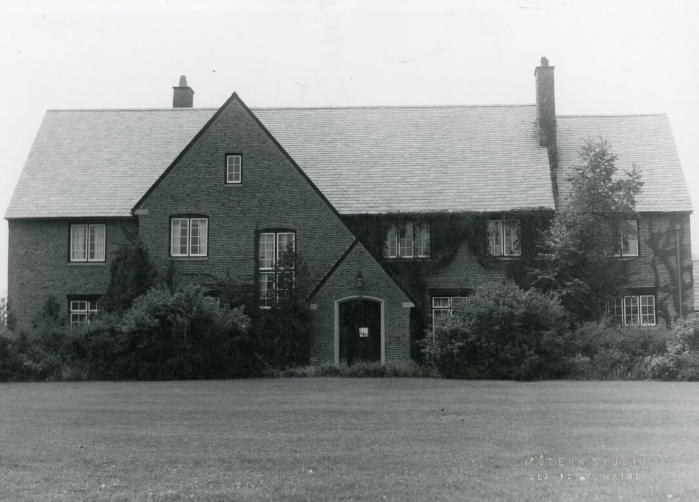
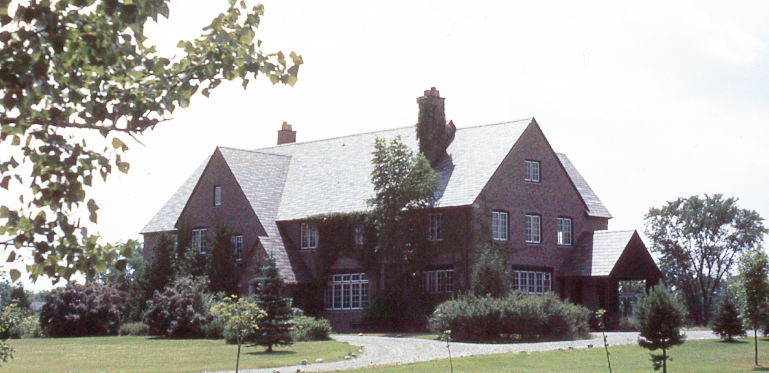
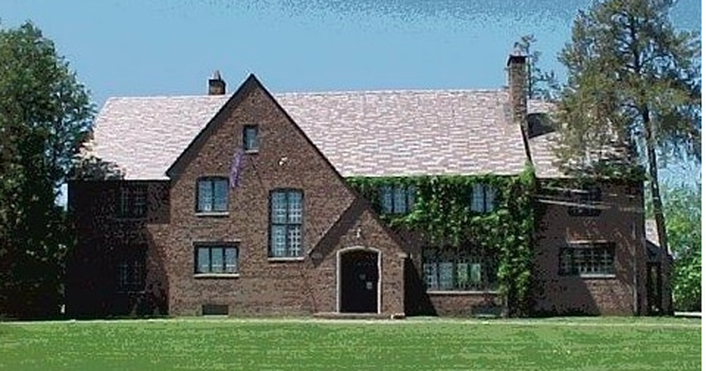
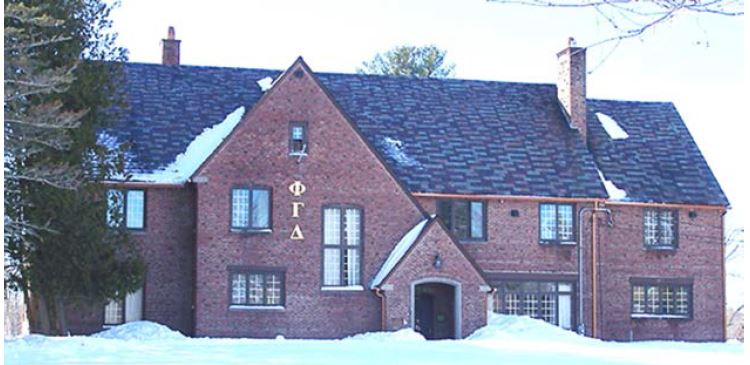
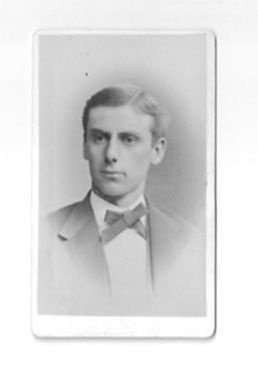
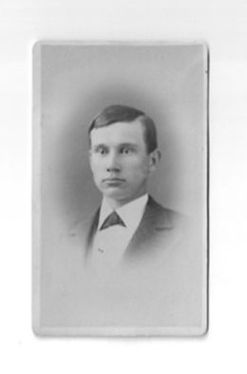
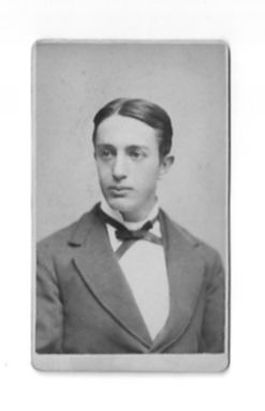
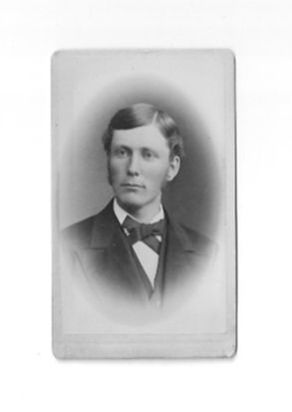
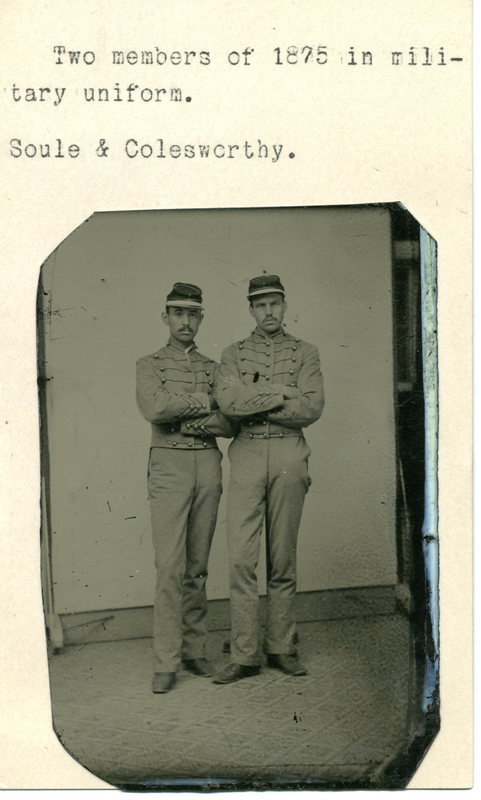
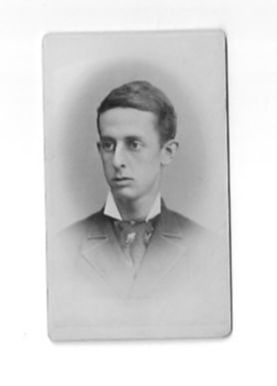
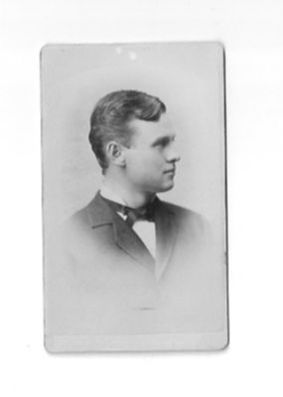
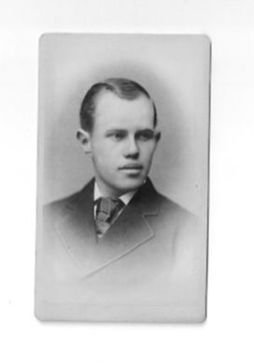
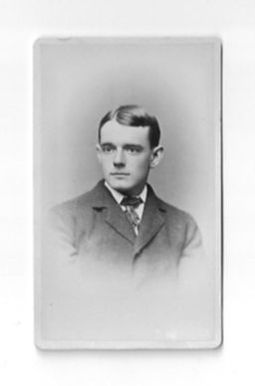
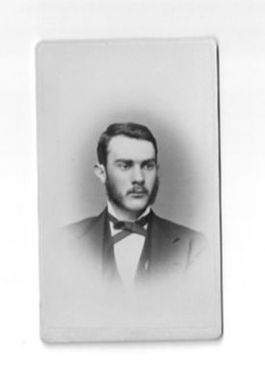
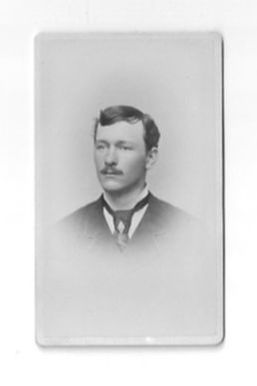
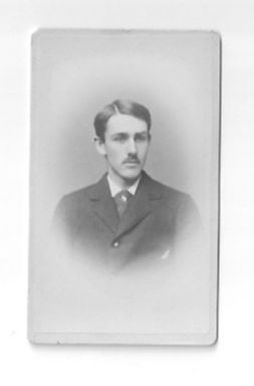
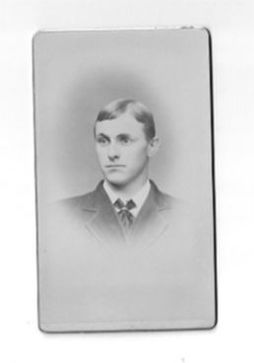
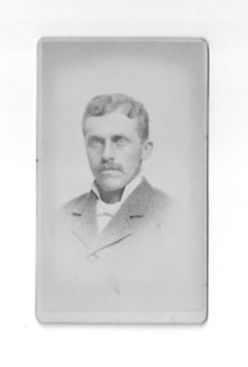
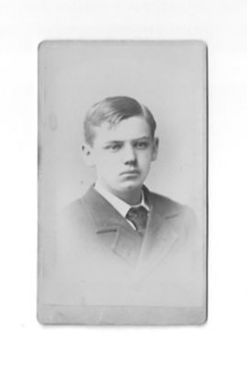
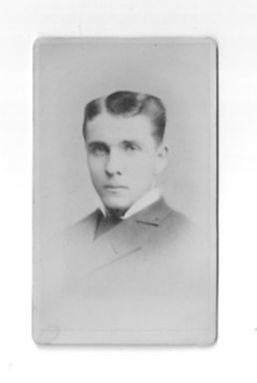
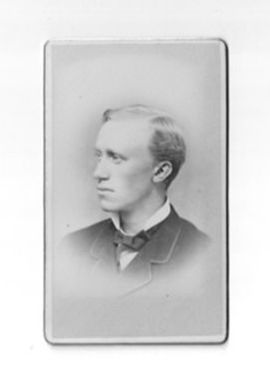
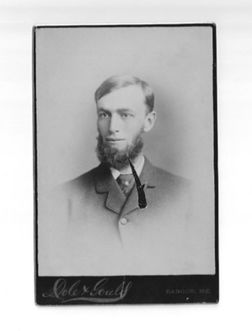
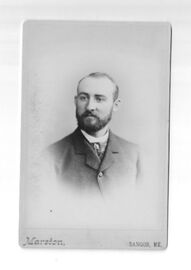
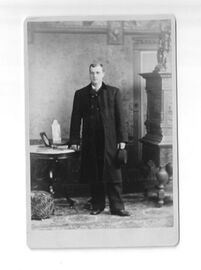
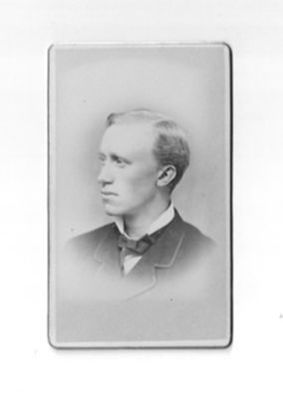
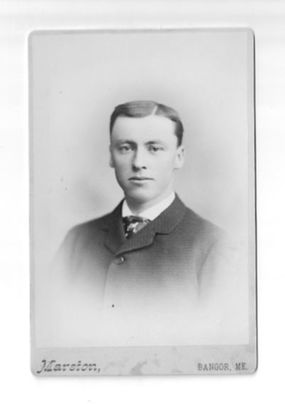
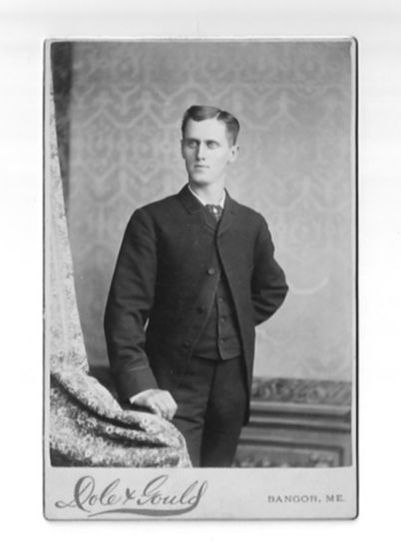
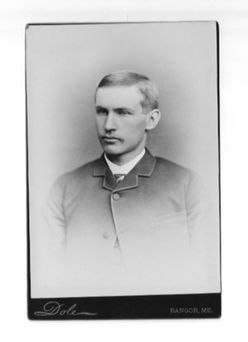
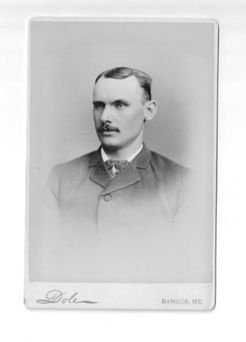
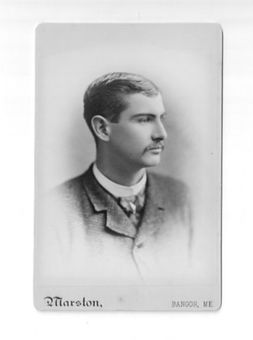
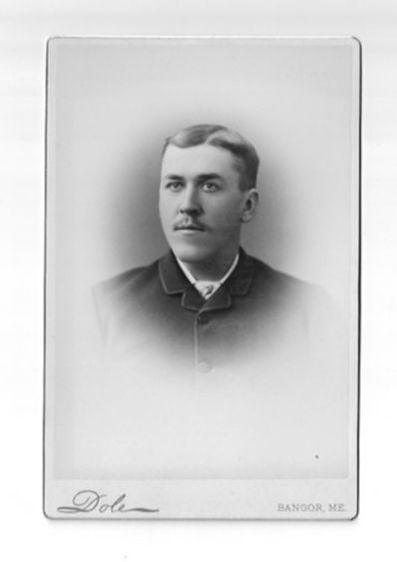
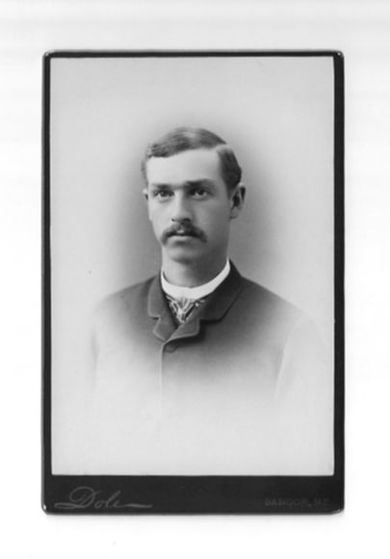
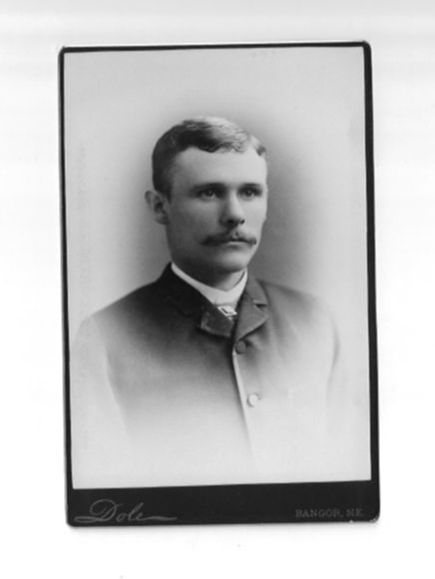
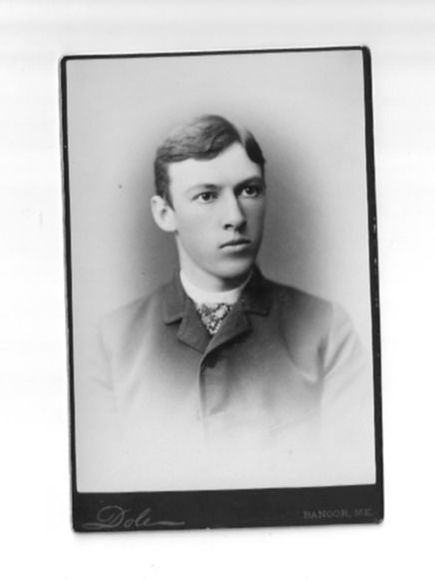
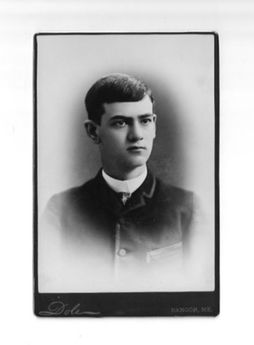
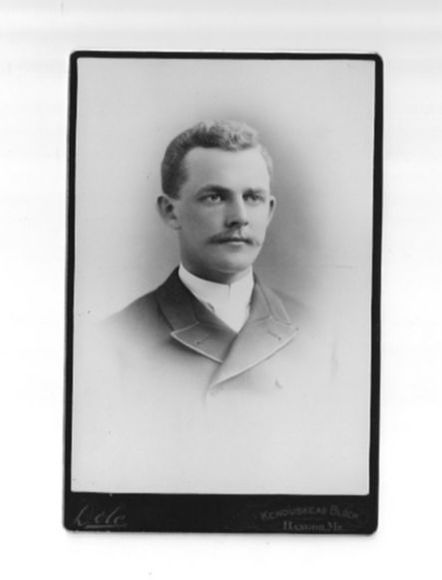
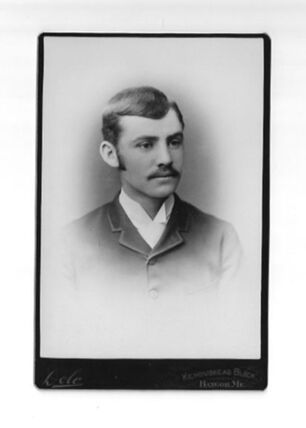
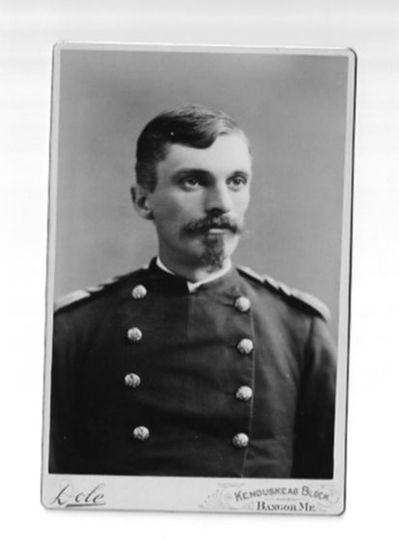
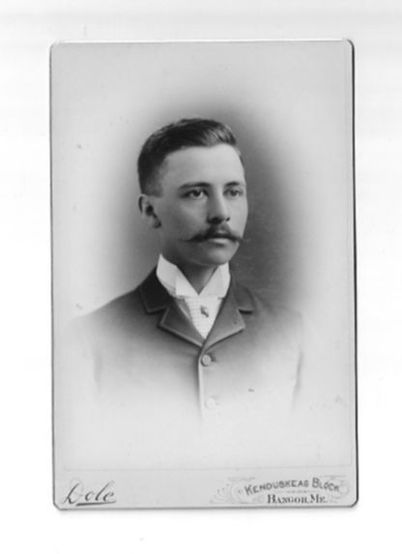
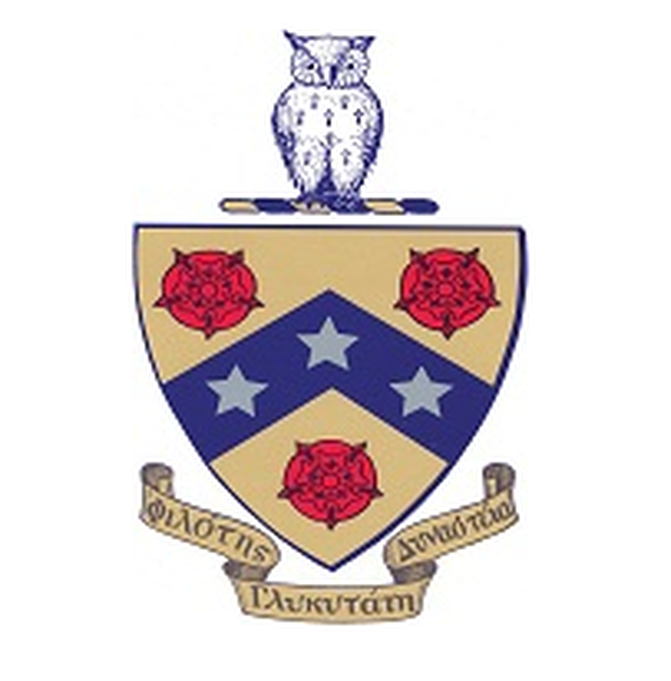
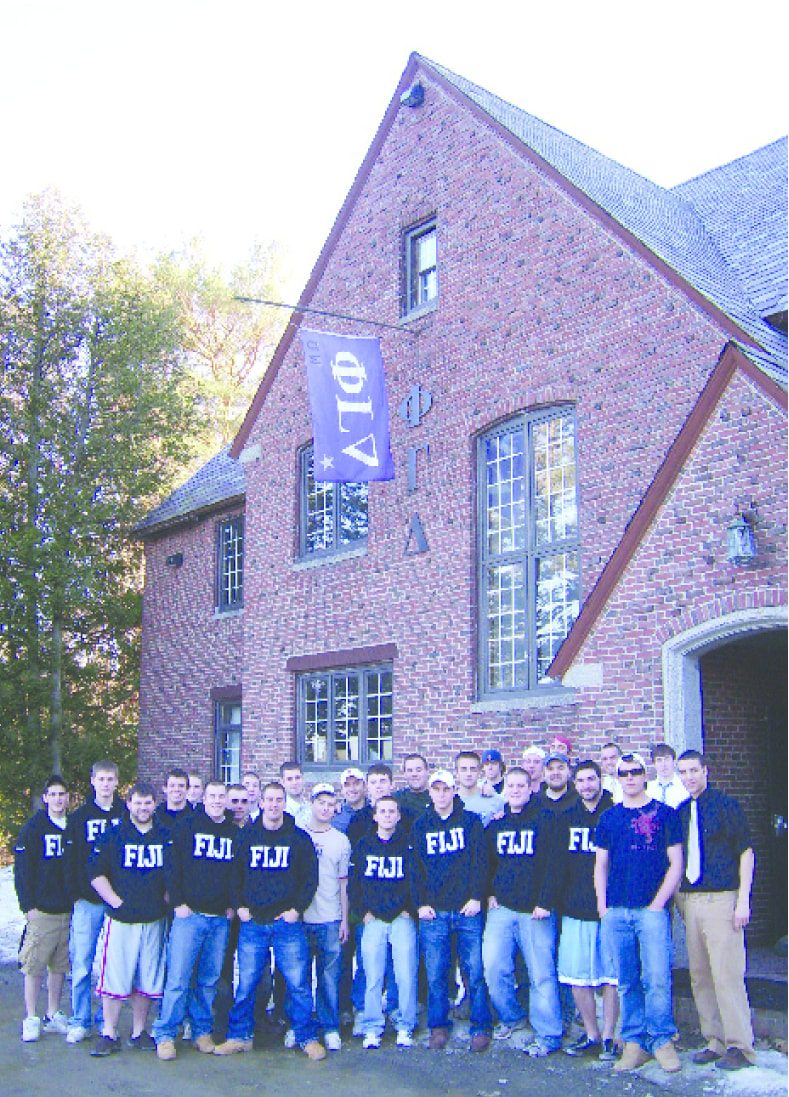
 RSS Feed
RSS Feed